Arnica – Uses, Benefits and Precautions for Parents
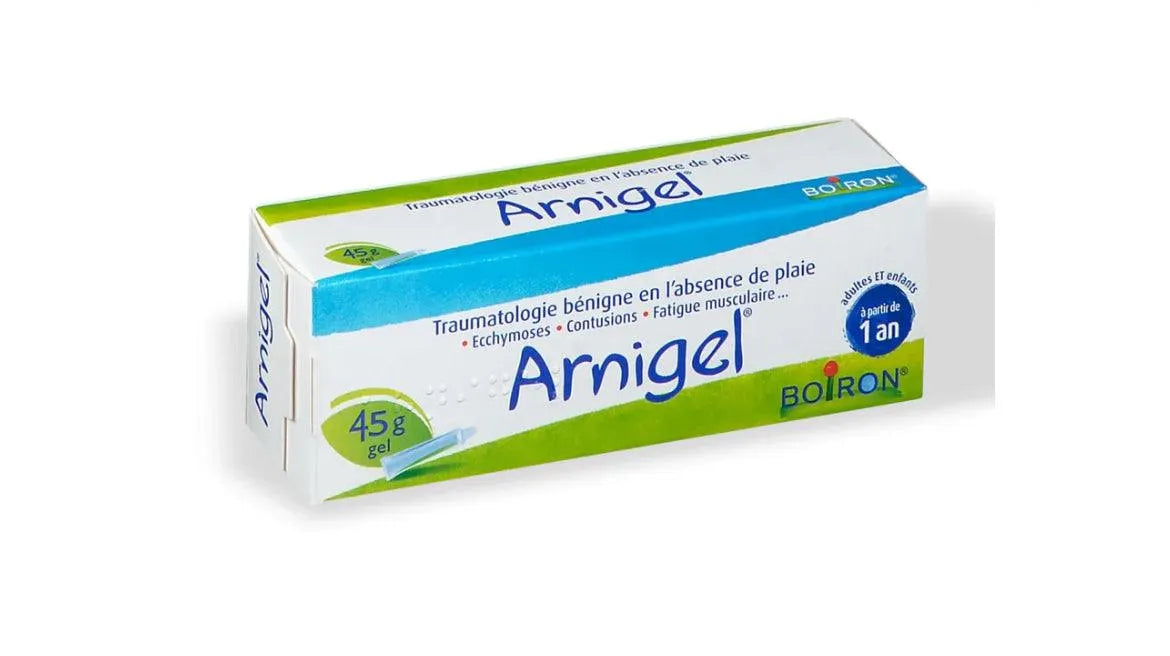
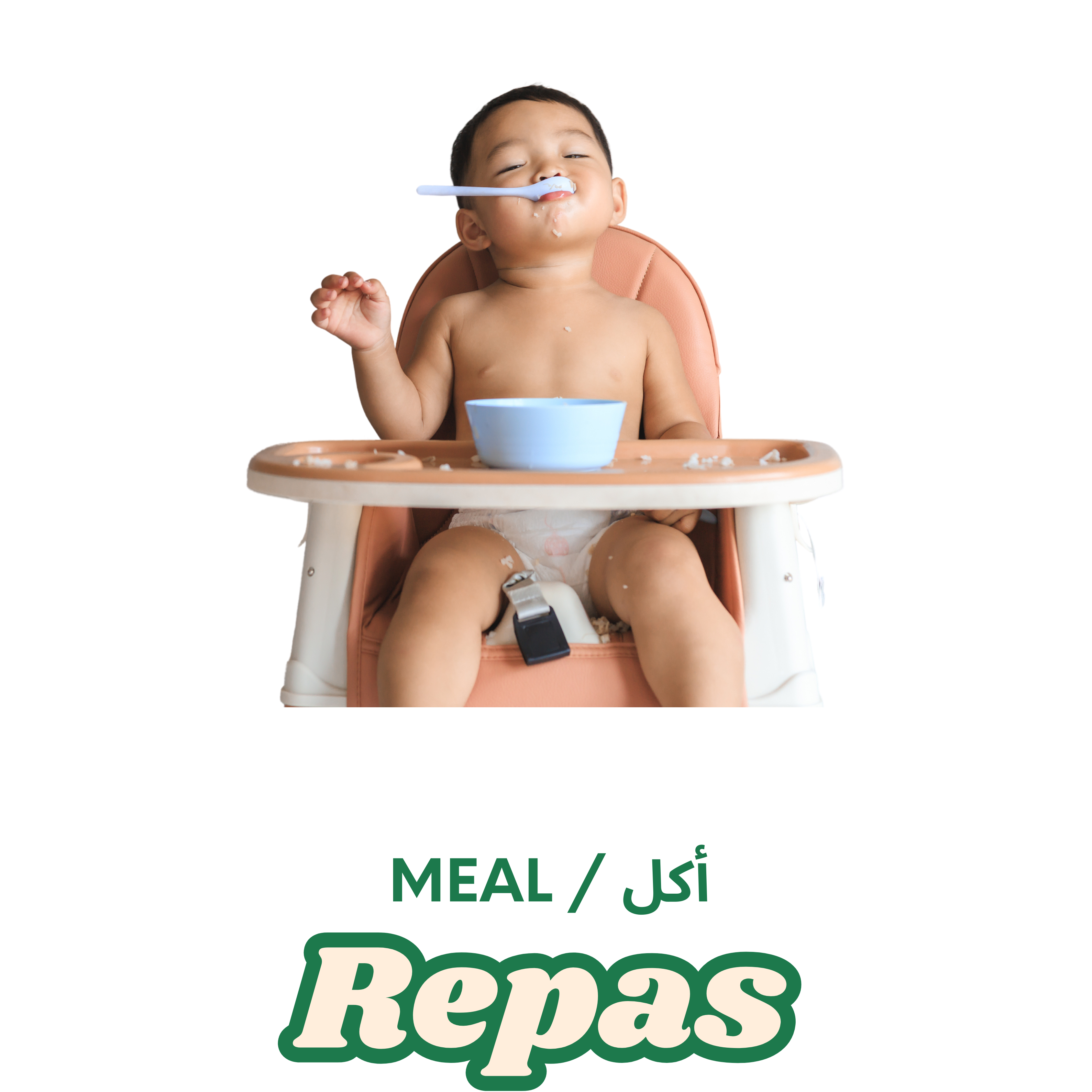 Meal
Meal
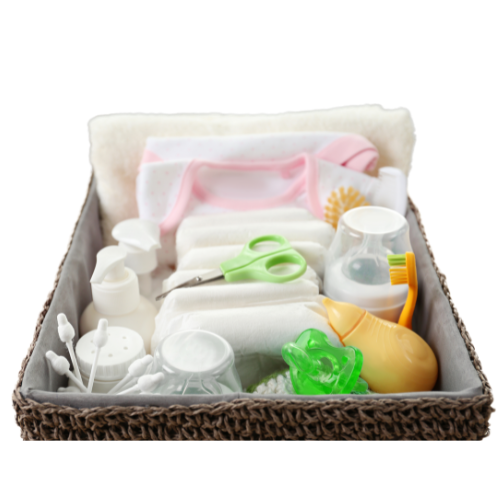 Hygiene and baby care
Hygiene and baby care
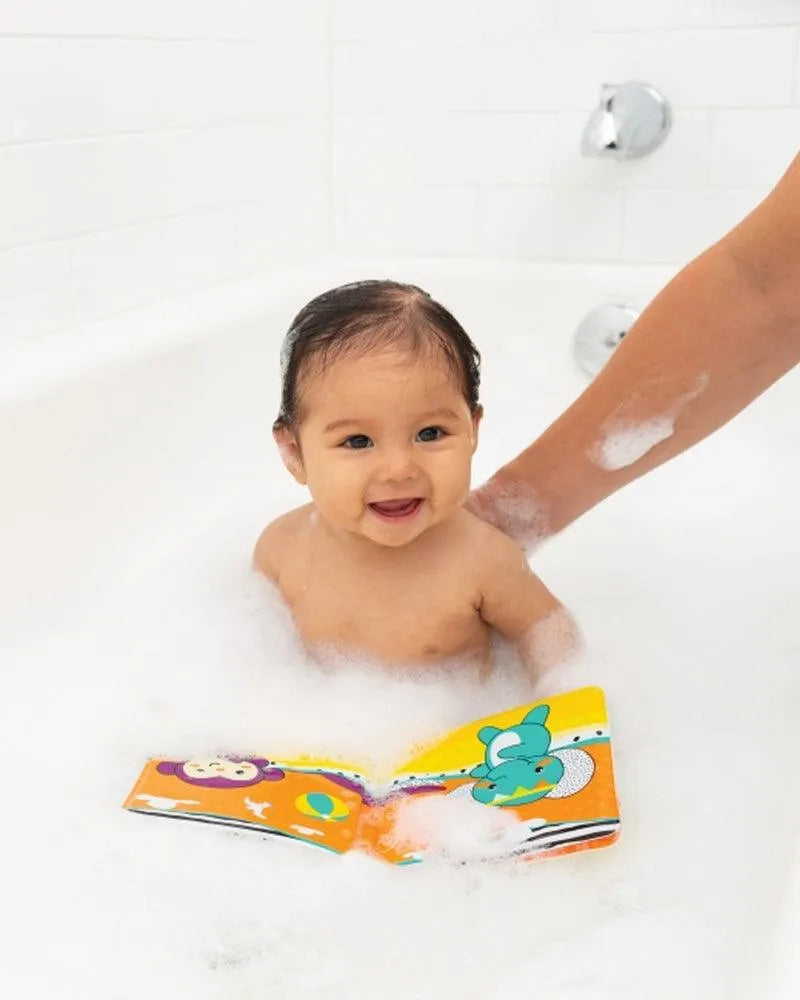 Bain
Bain
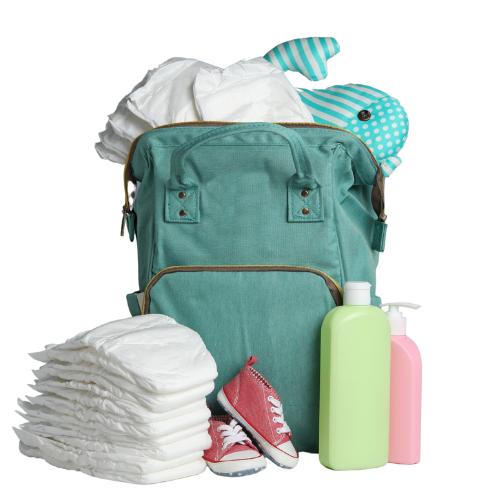 Diapers and changes
Diapers and changes
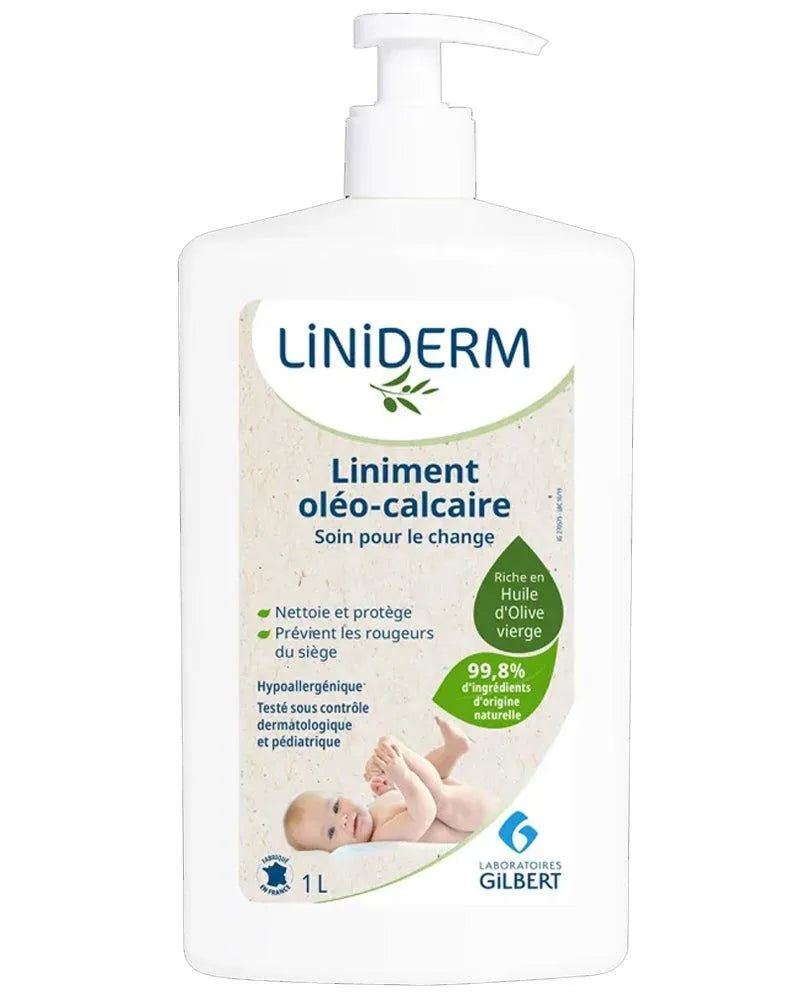 Hygiene
Hygiene
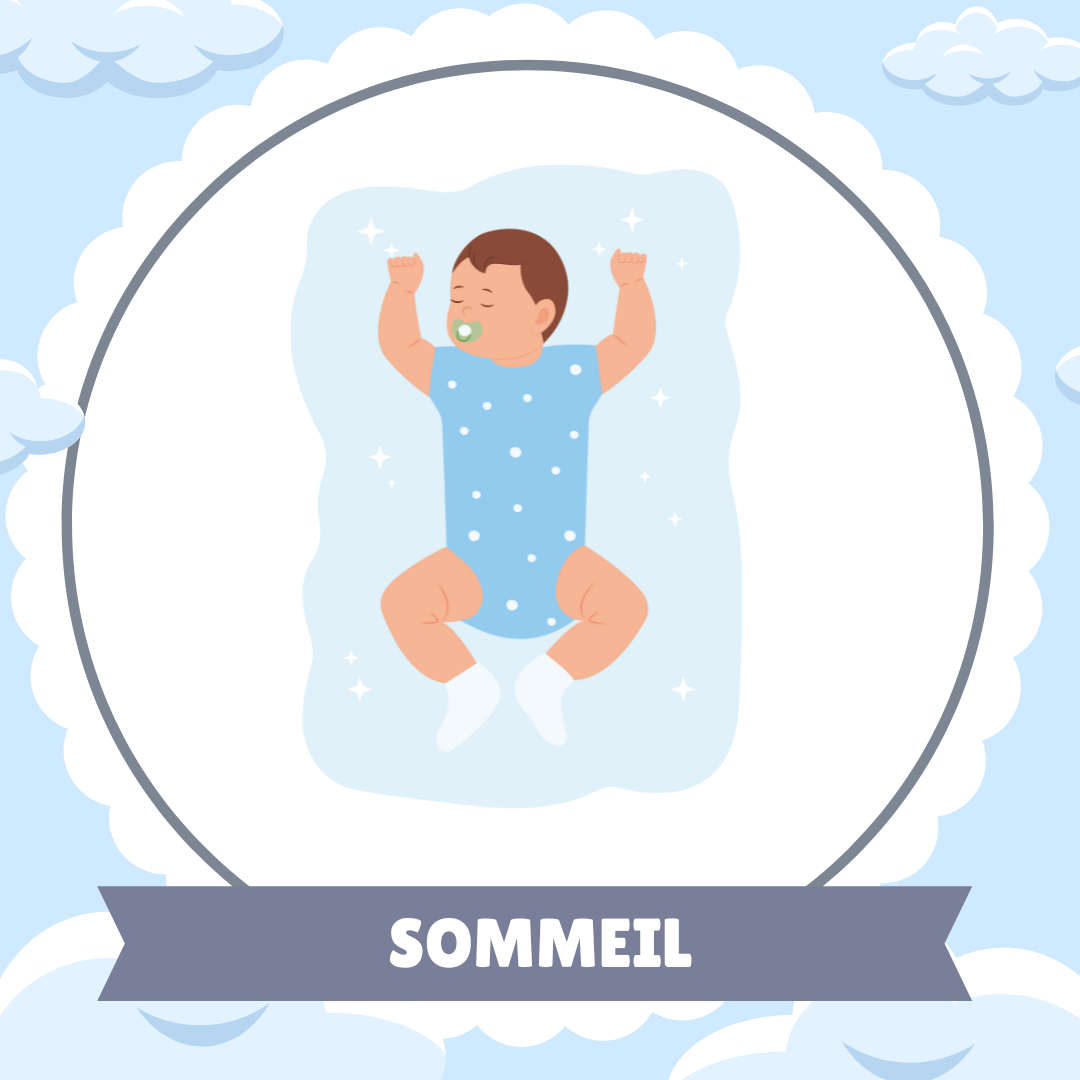 Sleep
Sleep
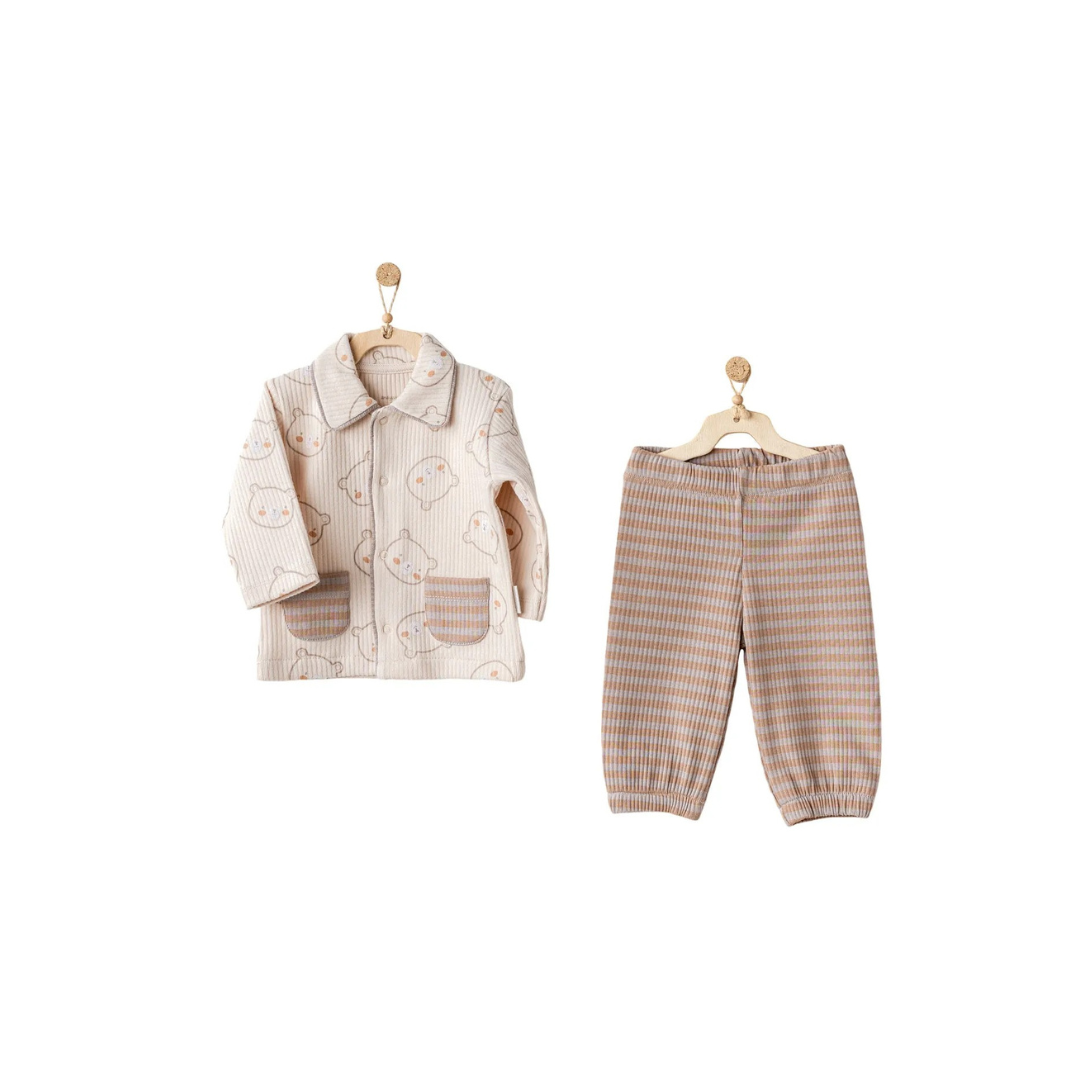 Clothes
Clothes
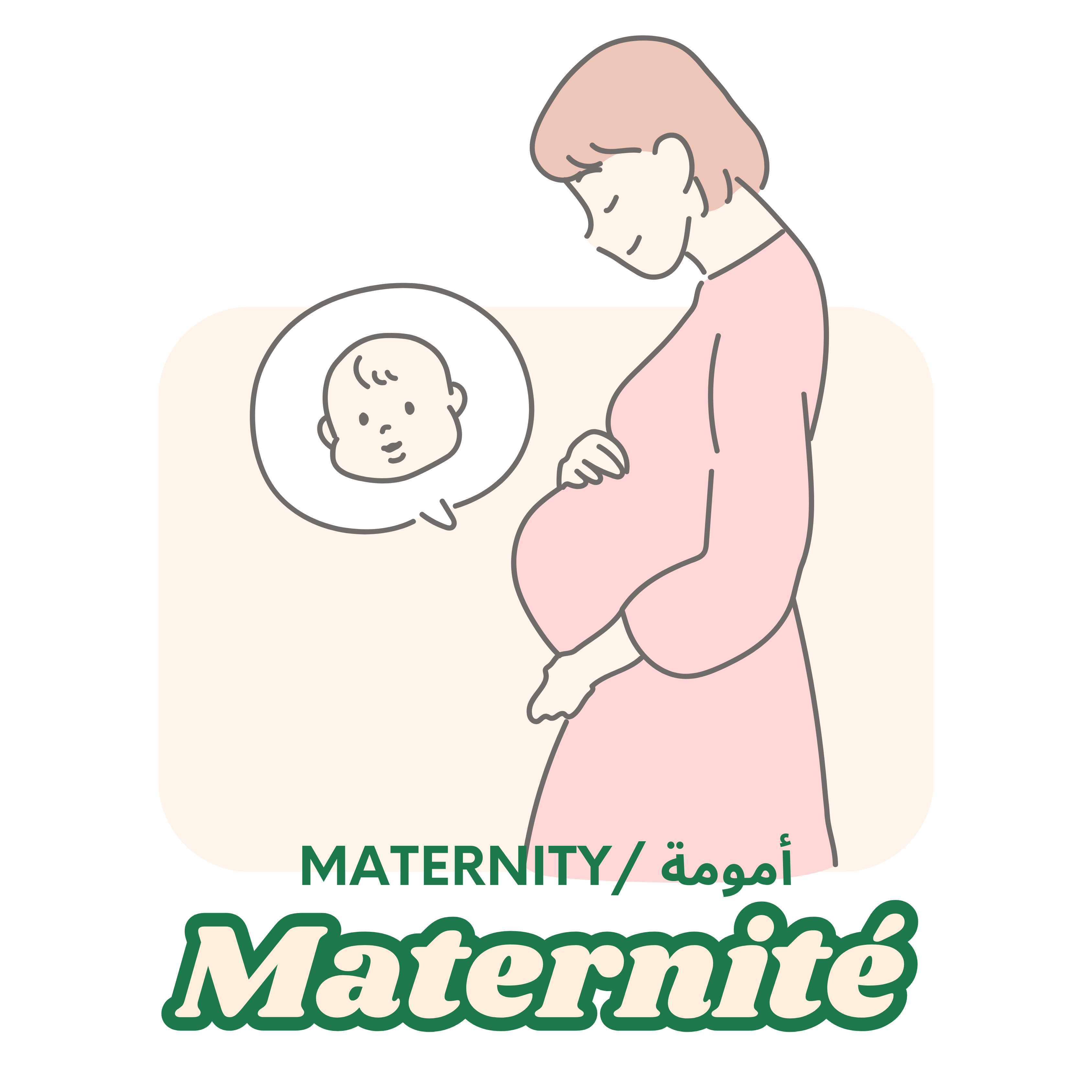 for her
for her
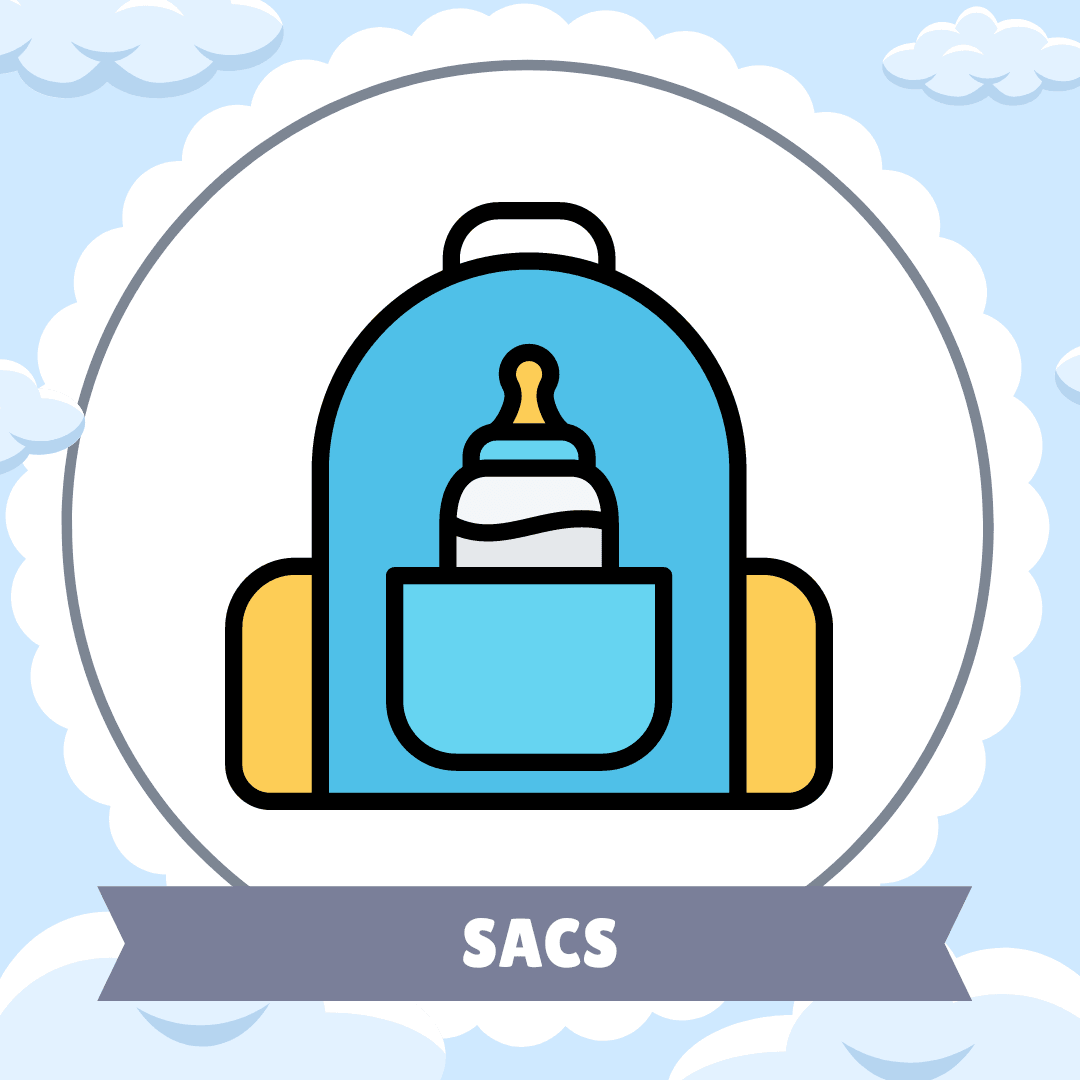 Sac
Sac
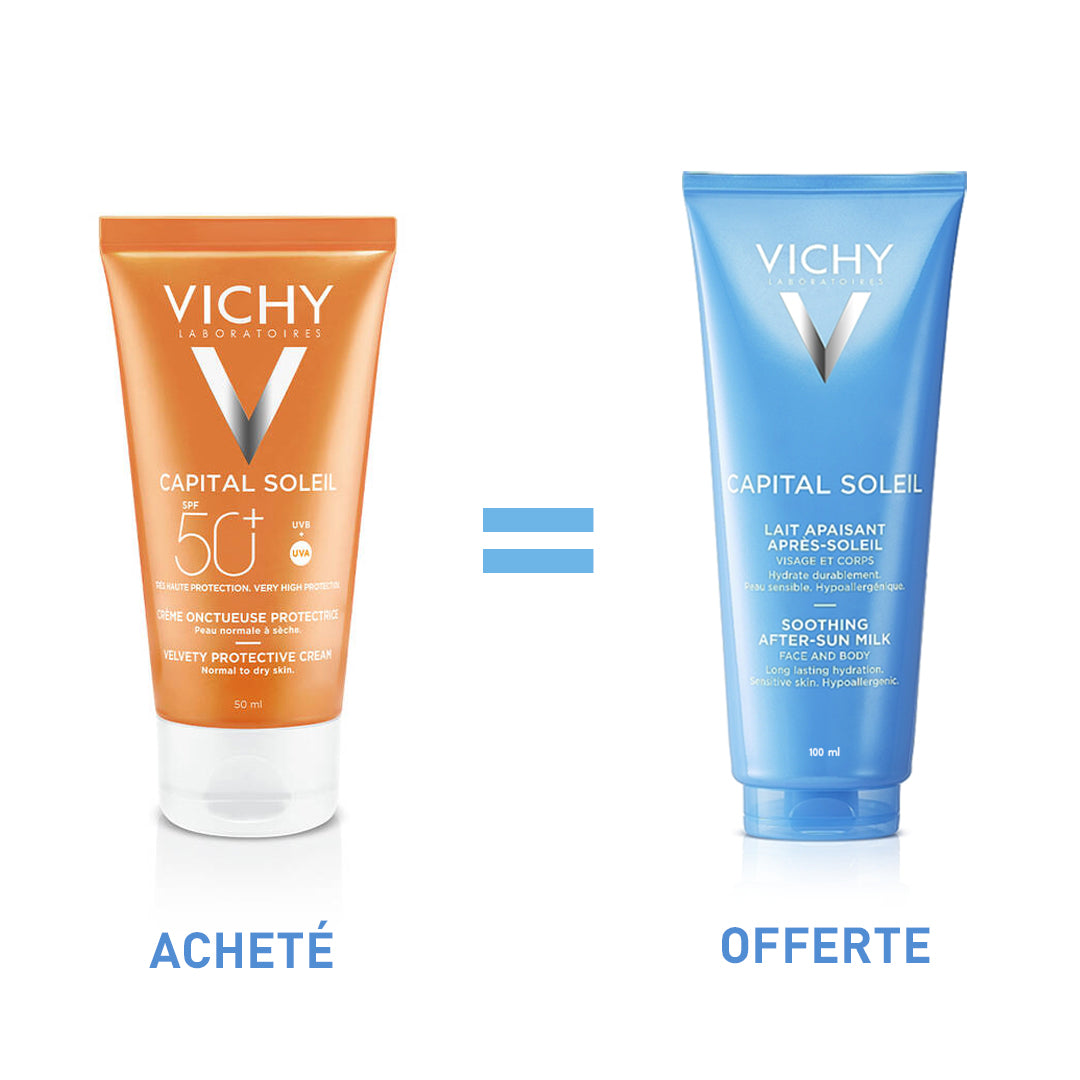 Care for mothers
Care for mothers
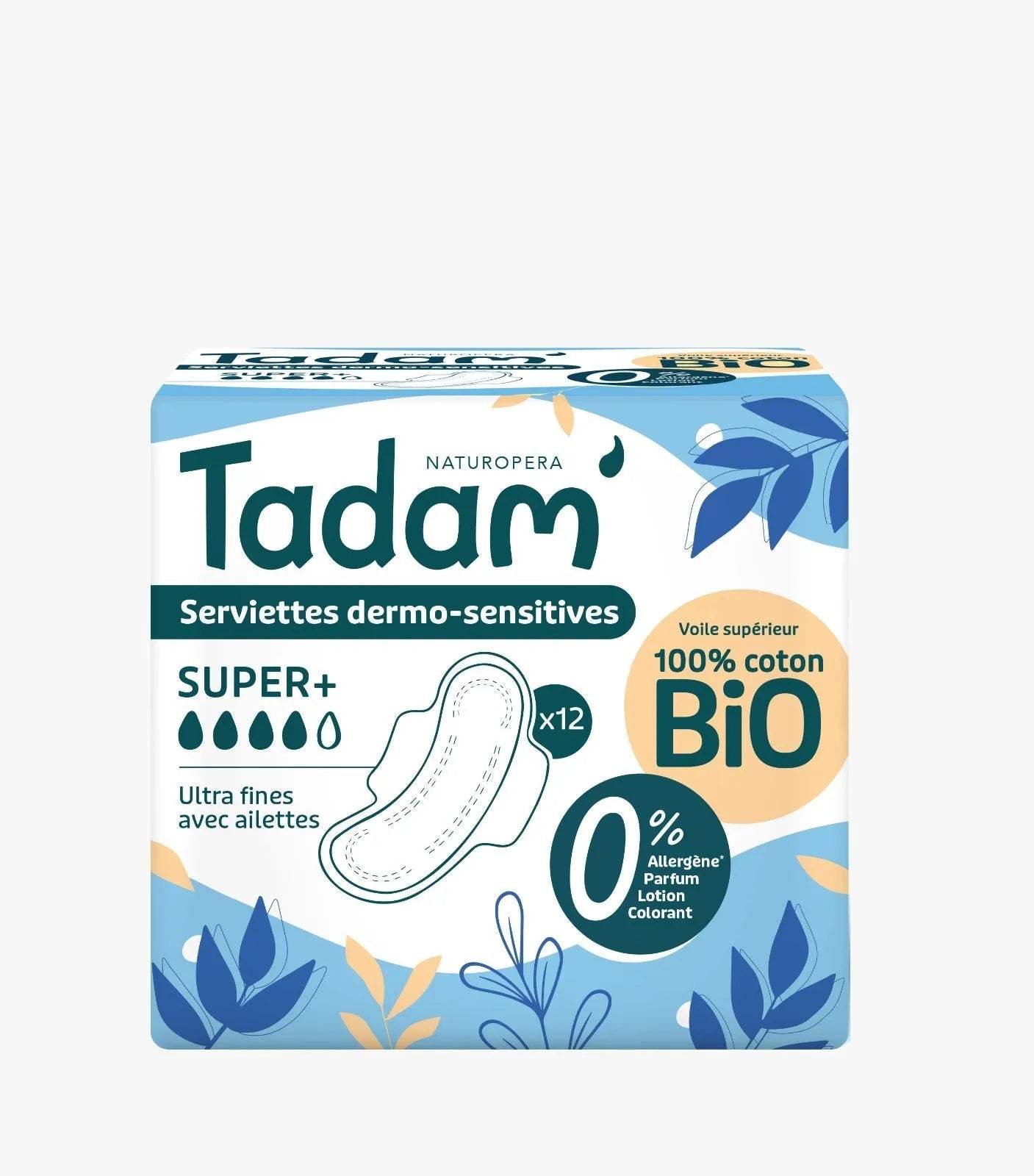 Sanitary towels
Sanitary towels
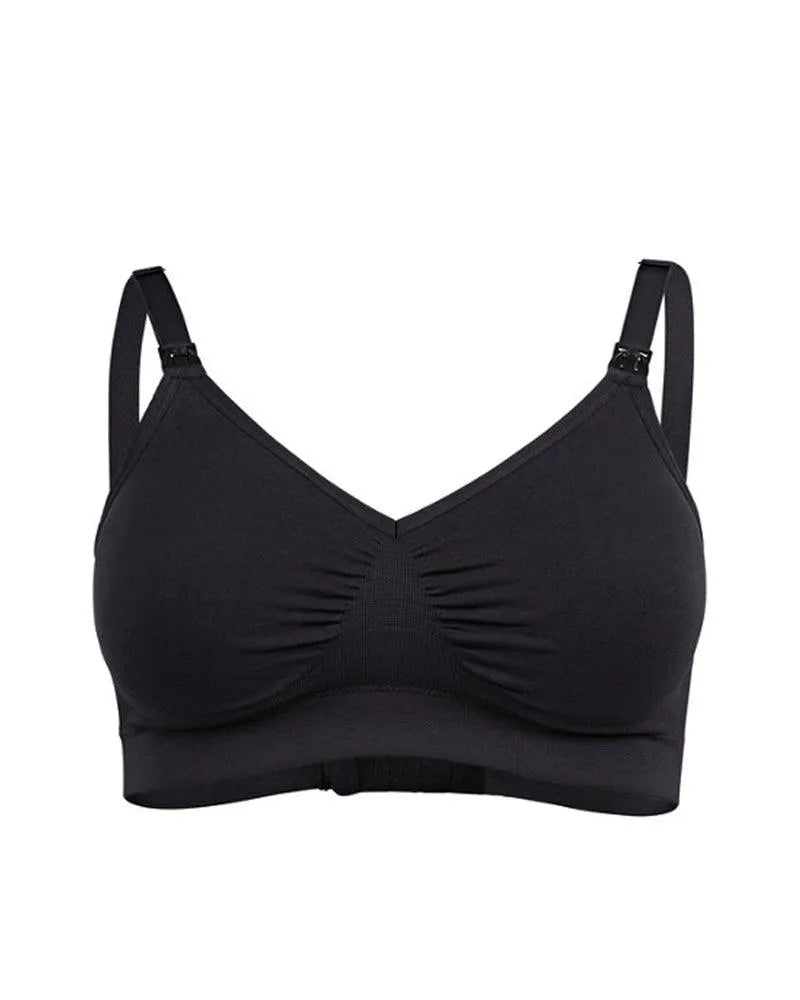 Nursing and Maternity Clothing
Nursing and Maternity Clothing
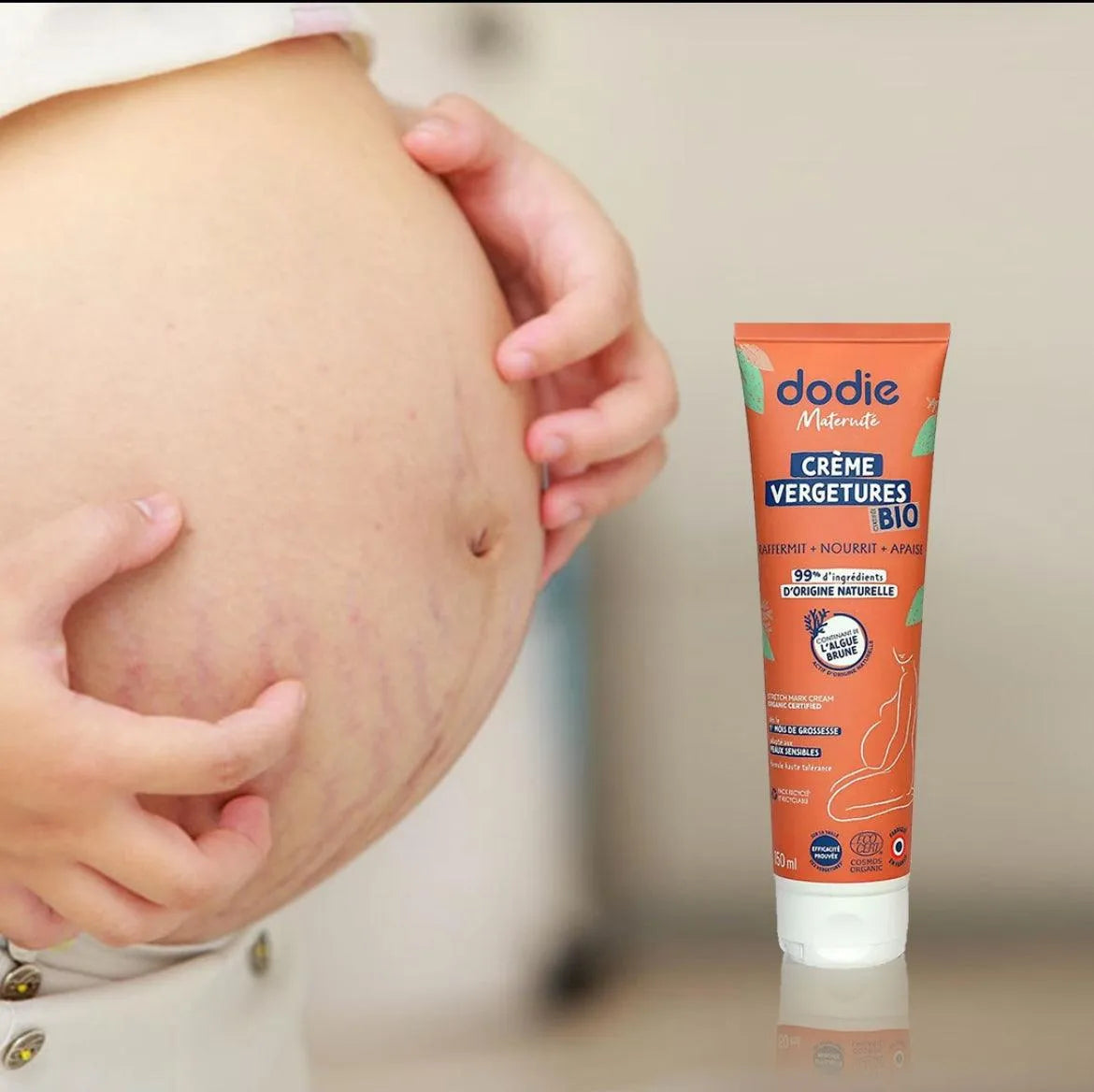 Anti stretch marks
Anti stretch marks
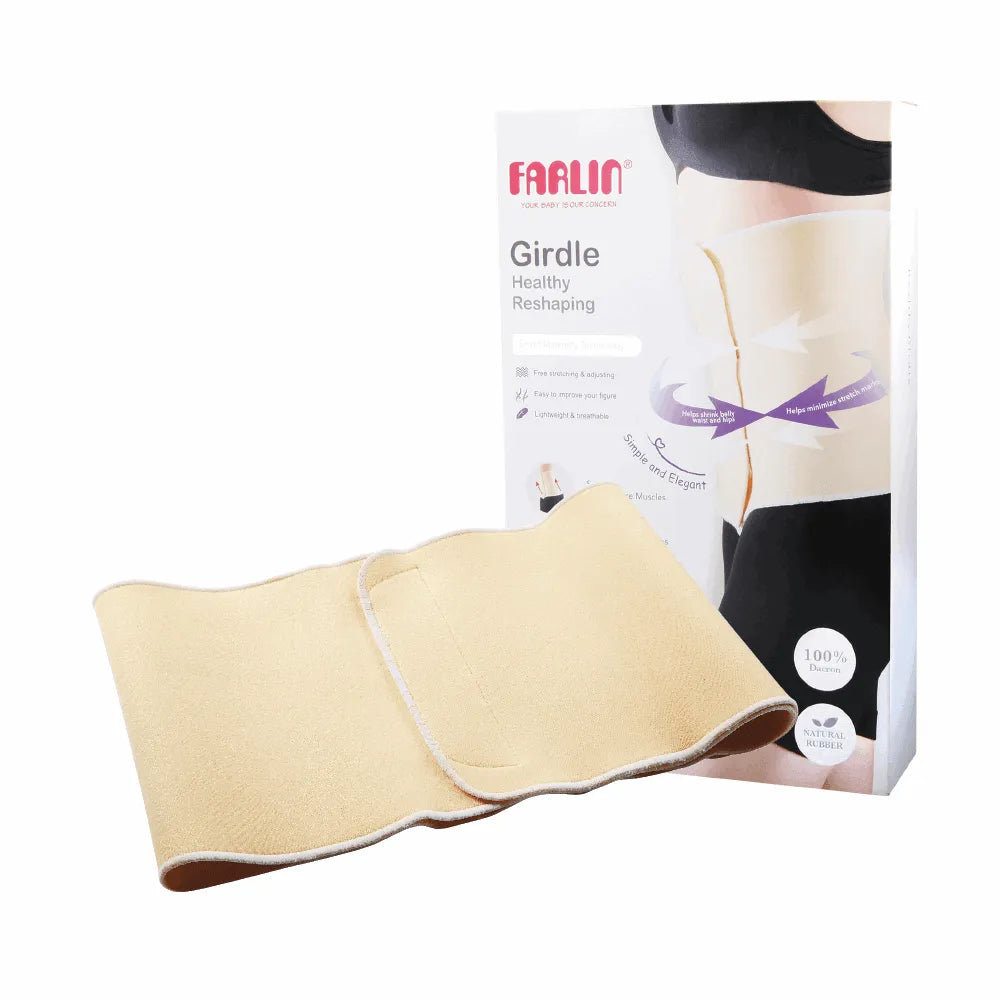 Maternity belt
Maternity belt
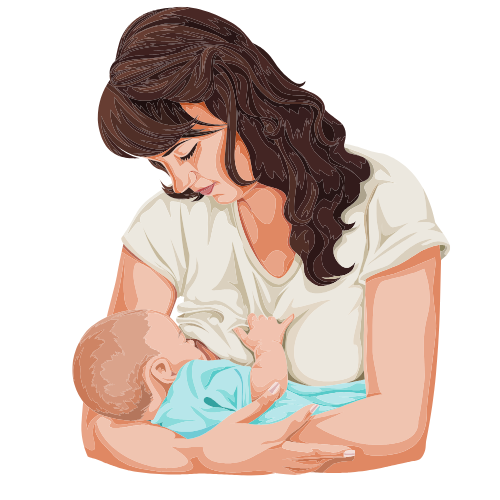 Feeding with milk
Feeding with milk
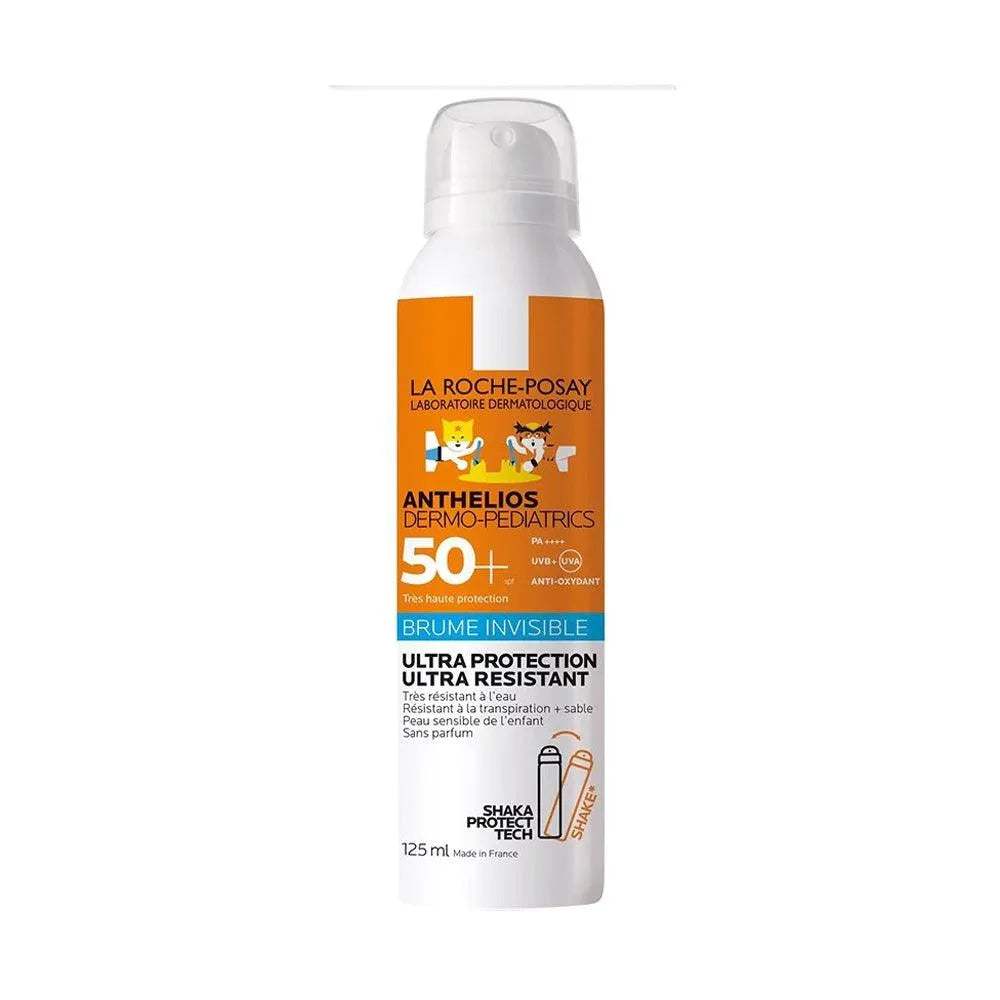 Sunscreen
Sunscreen
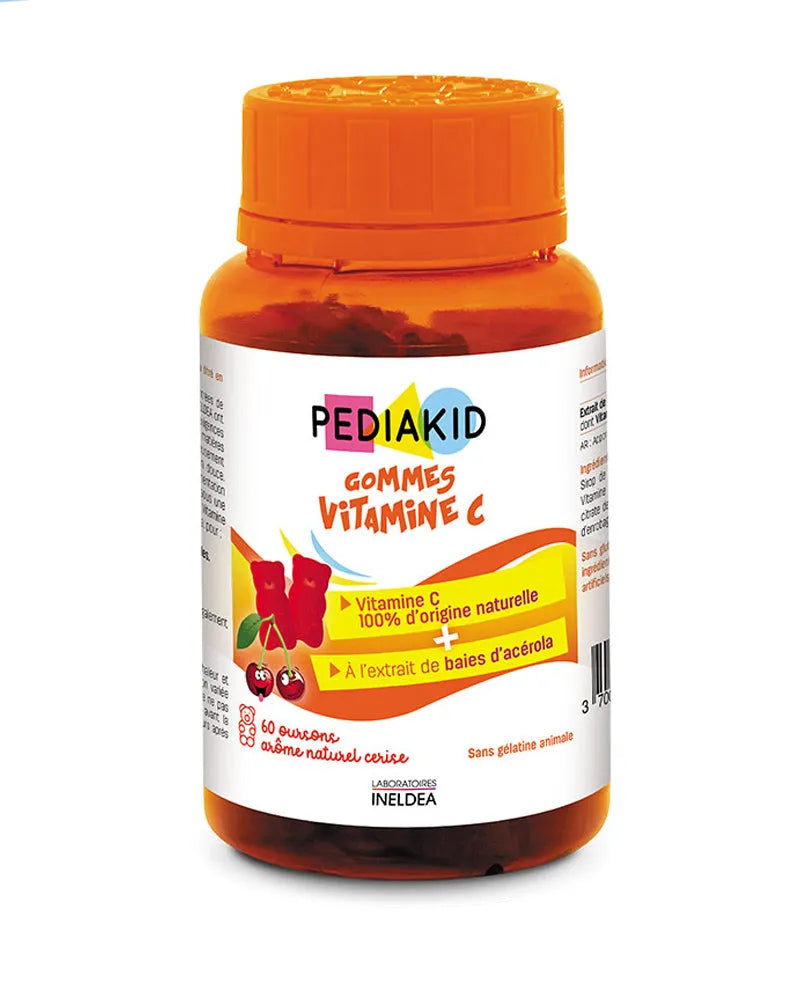 Food supplement for babies and children
Food supplement for babies and children
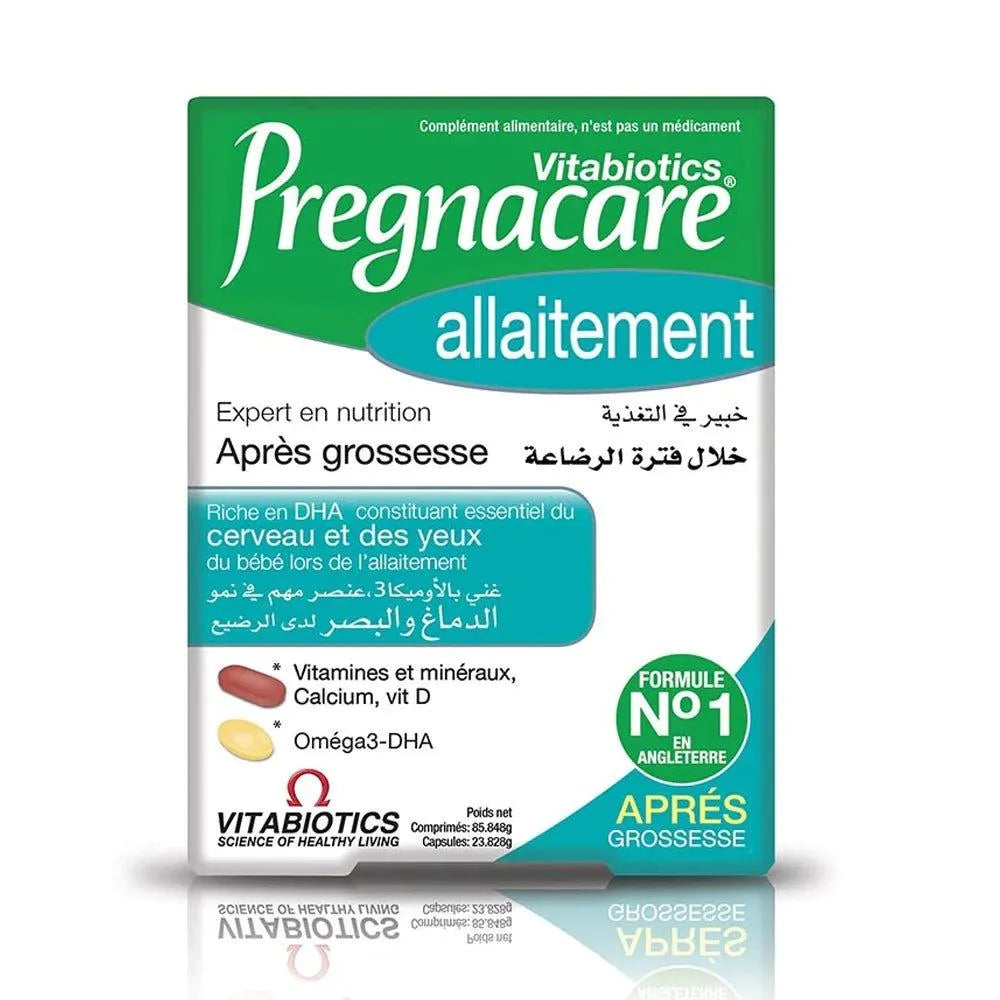 Booster la Lactation
Booster la Lactation
 Parapharmacy
Parapharmacy
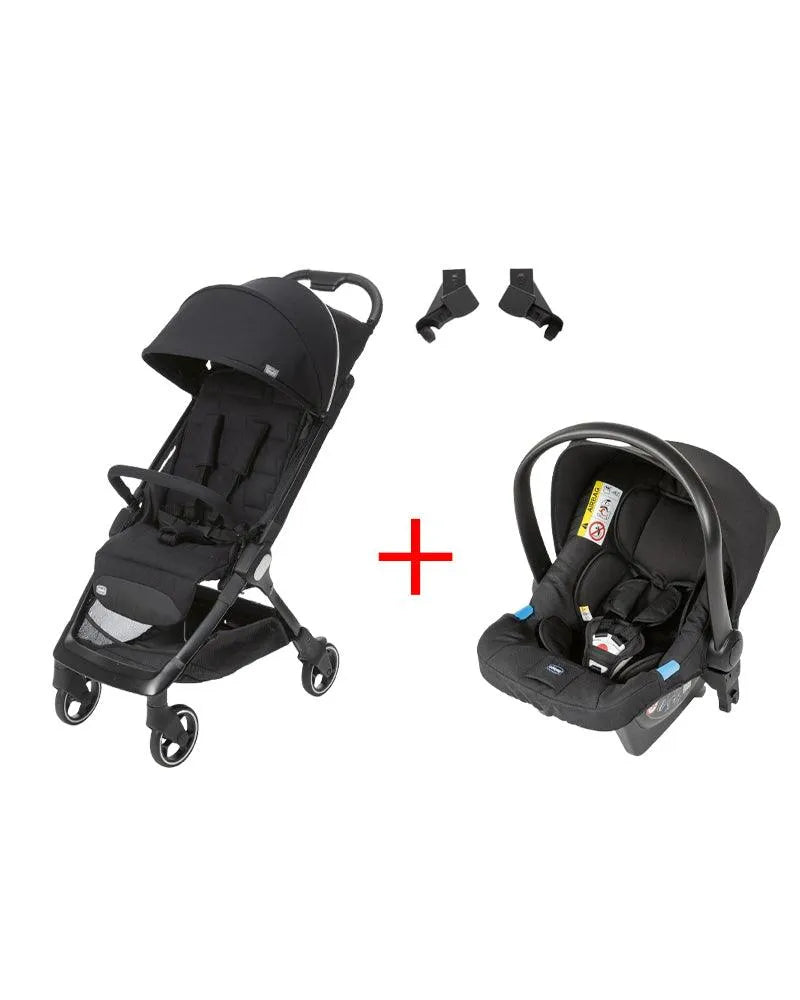 Movement Ballad
Movement Ballad
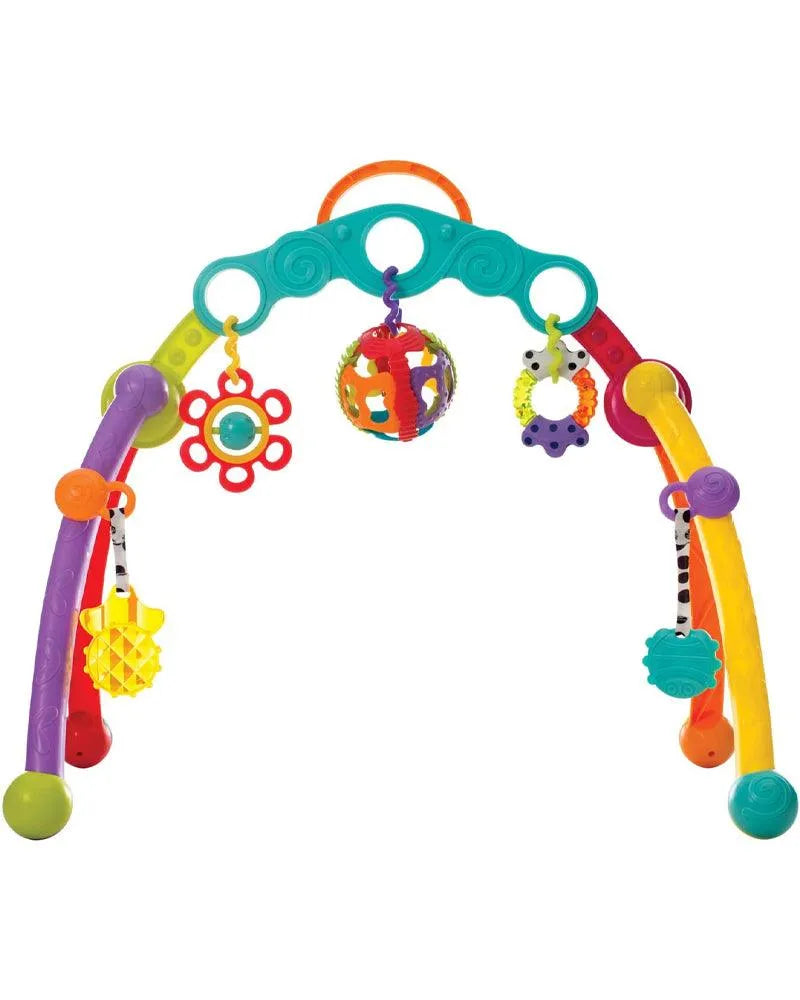 Games and awakening
Games and awakening
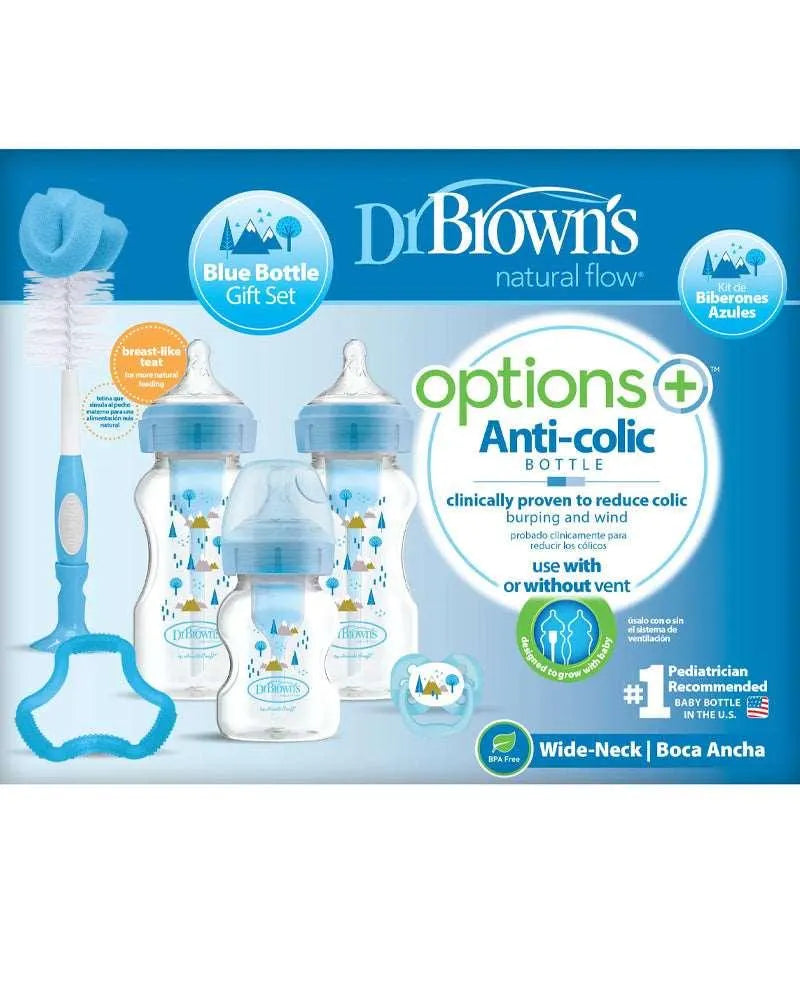 Birth Gift
Birth Gift
 Security
Security
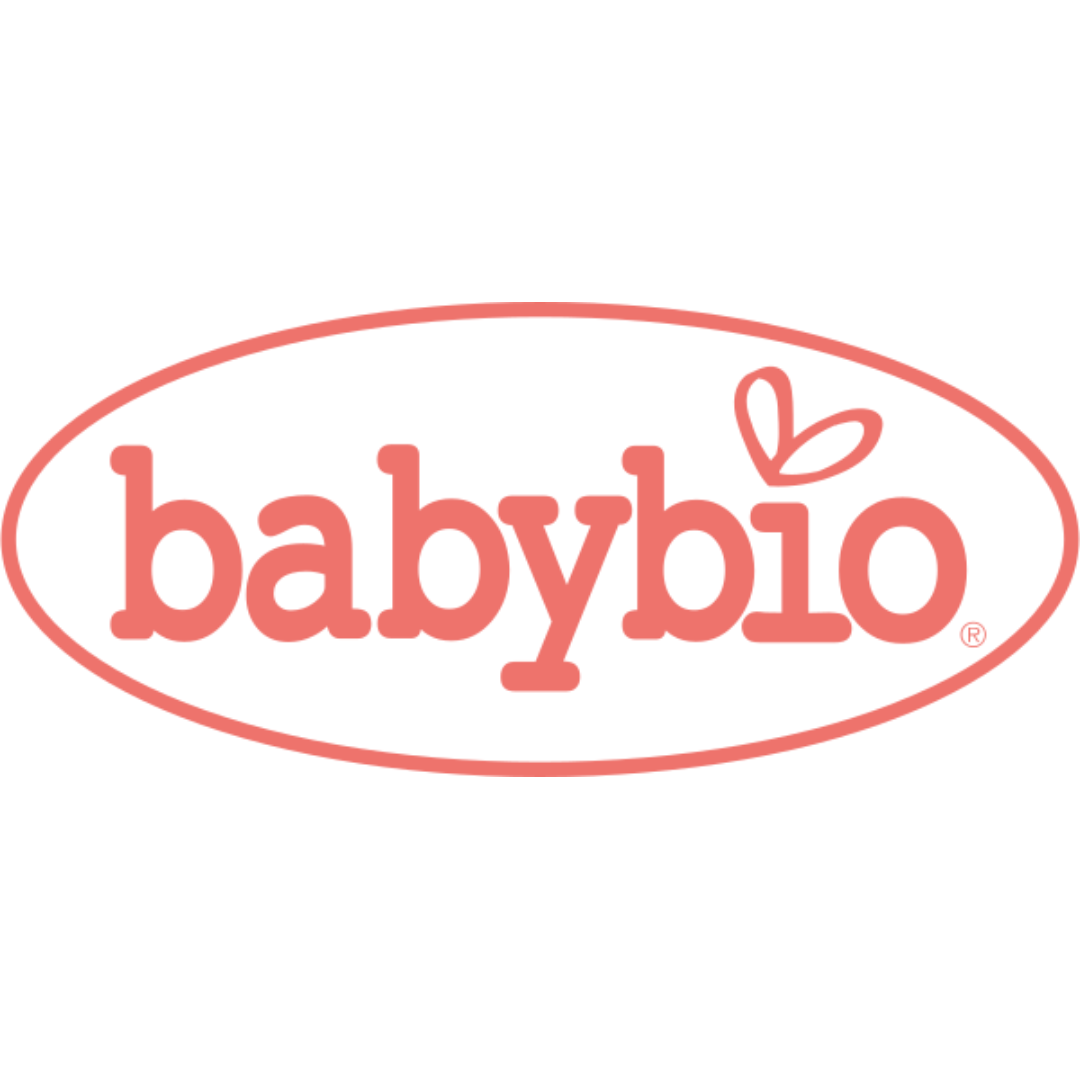 Baby cinema
Baby cinema
 B.A.G.mori
B.A.G.mori
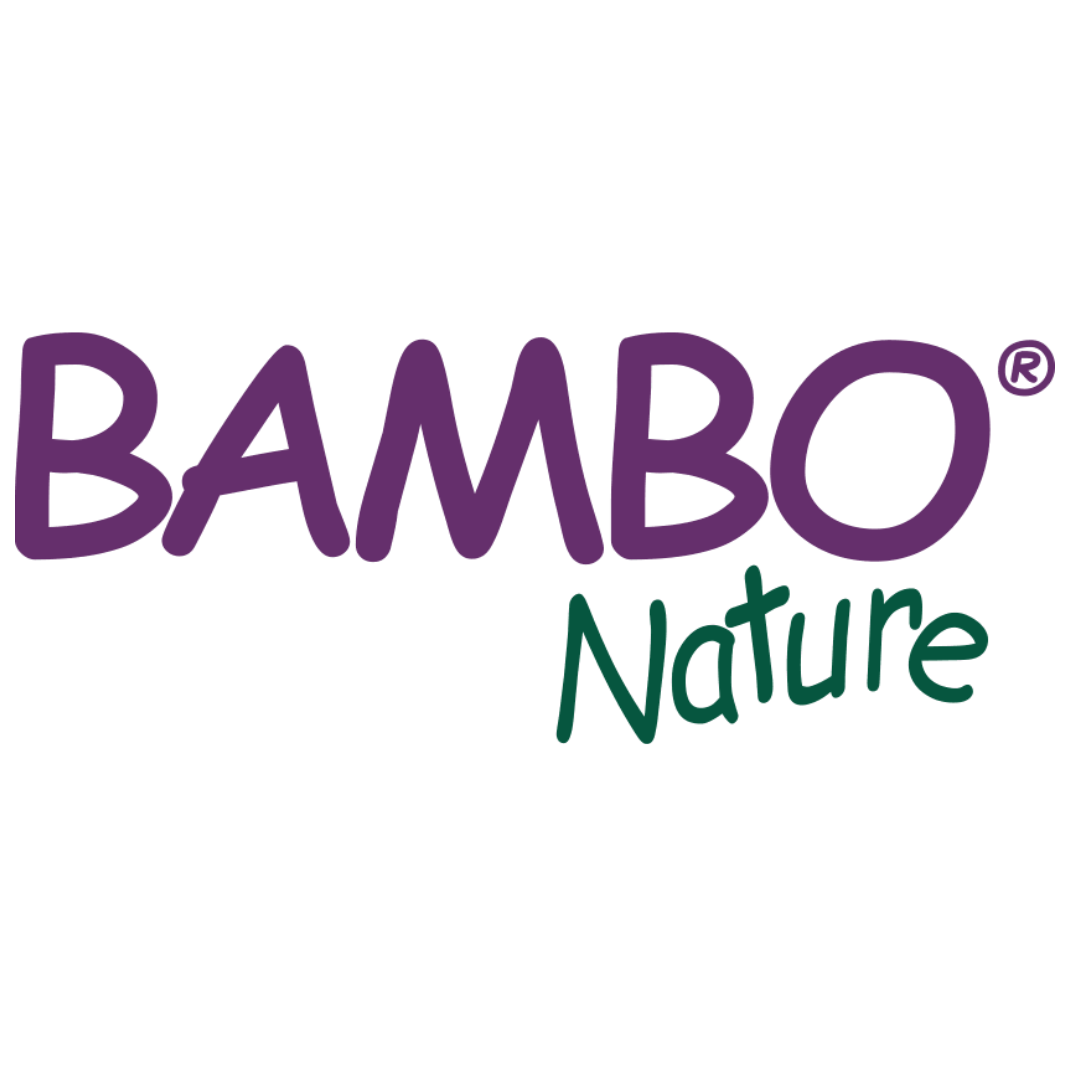 Mr. Nature
Mr. Nature
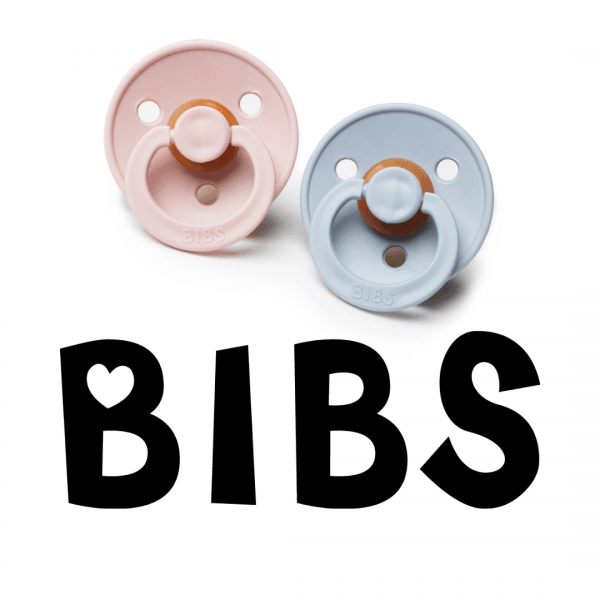 Bibs
Bibs
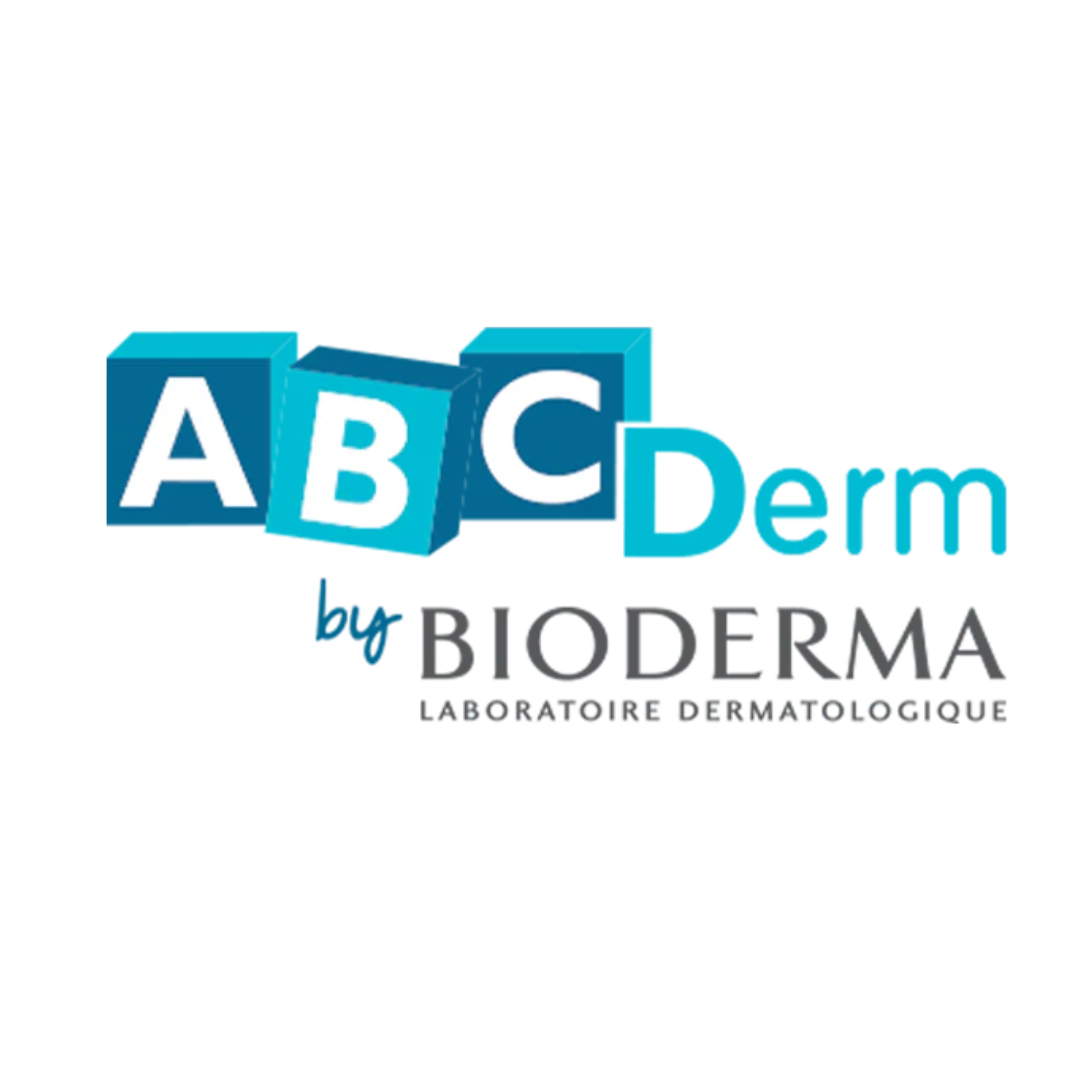 Bio-Oil
Bio-Oil
 Bioderma ABCDerm
Bioderma ABCDerm
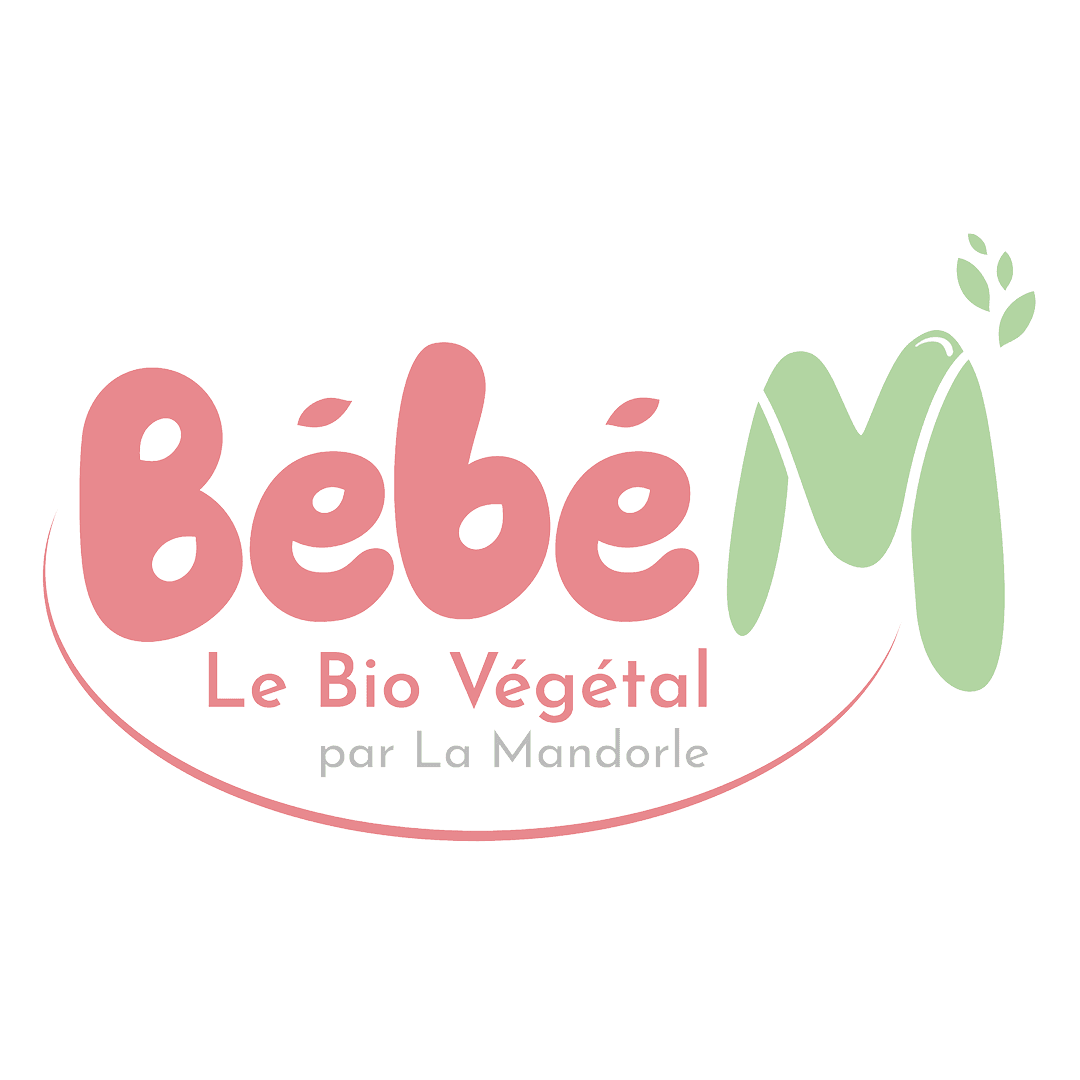 Baby M
Baby M
 Candide
Candide
 Centifolia
Centifolia
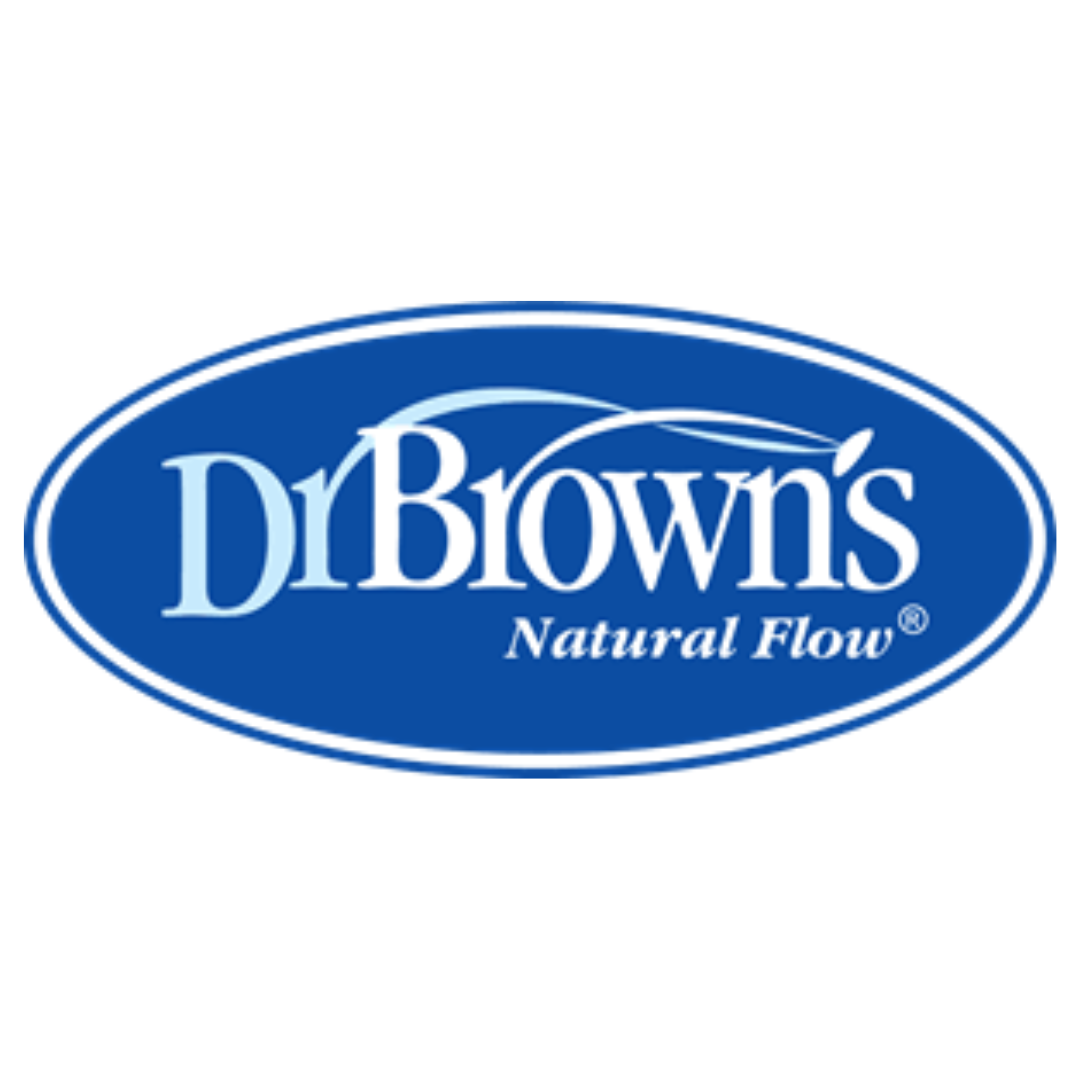 Dr. Brown's
Dr. Brown's
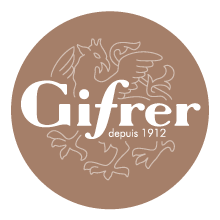 Gifrer
Gifrer
 Gilbert
Gilbert
 Again
Again
 Happy
Happy
 Huanger
Huanger
 Lansinoh
Lansinoh
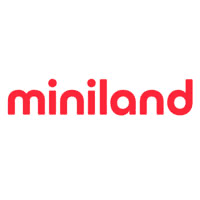 Miniland
Miniland
 Philips Avent
Philips Avent
 Dodie
Dodie
 TOMMEE TIPPEE
TOMMEE TIPPEE
 Weasel
Weasel
 Kunert
Kunert
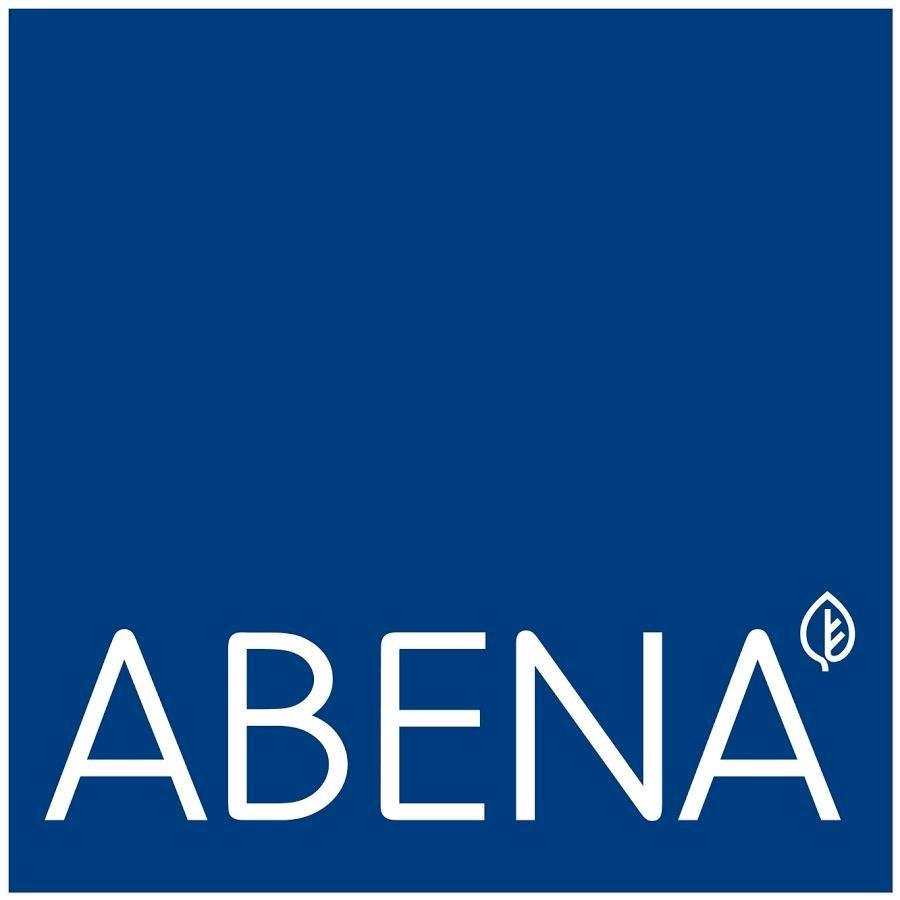 AVENA
AVENA
 BABÉ Pediatric
BABÉ Pediatric
 BBOX
BBOX
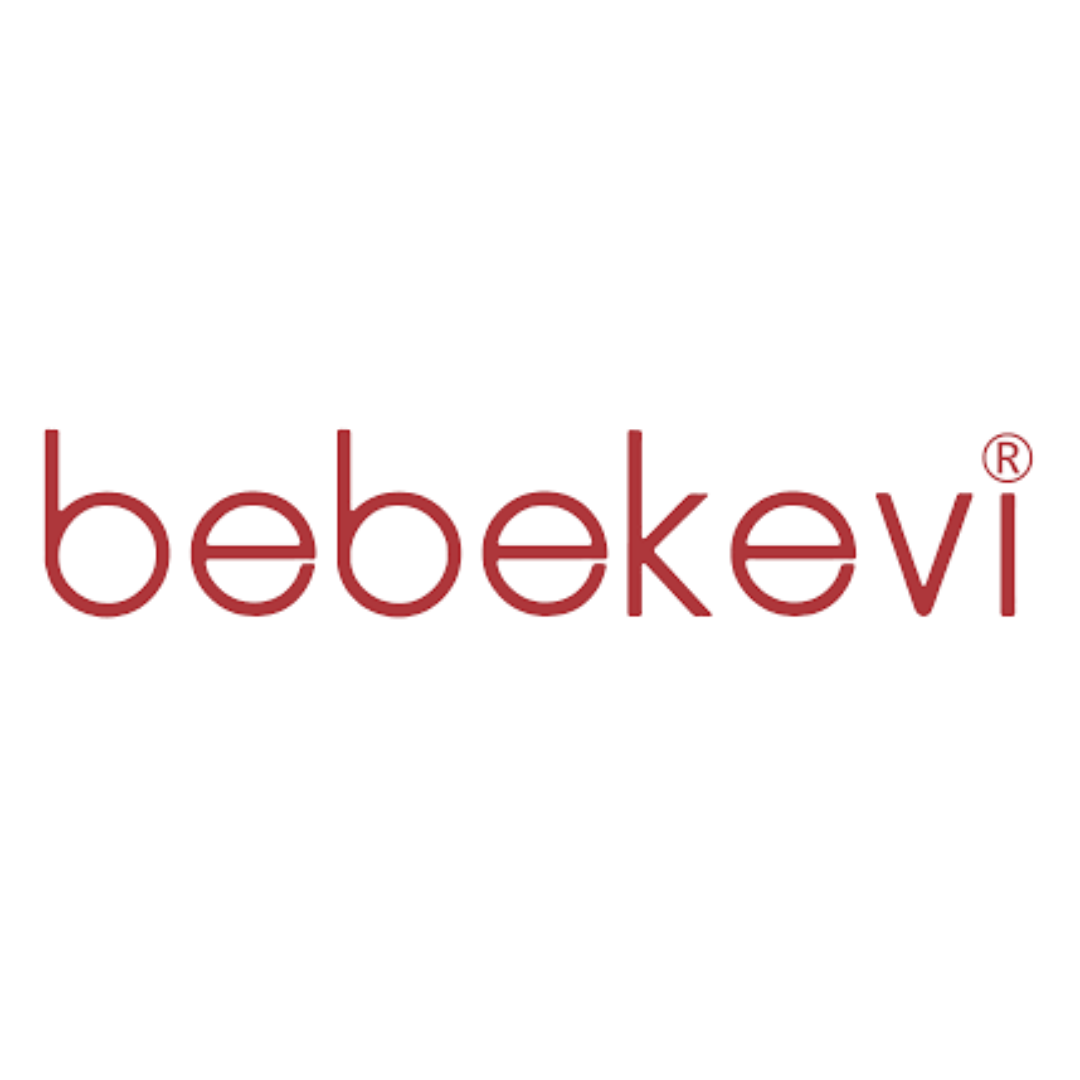 THEY WERE
THEY WERE
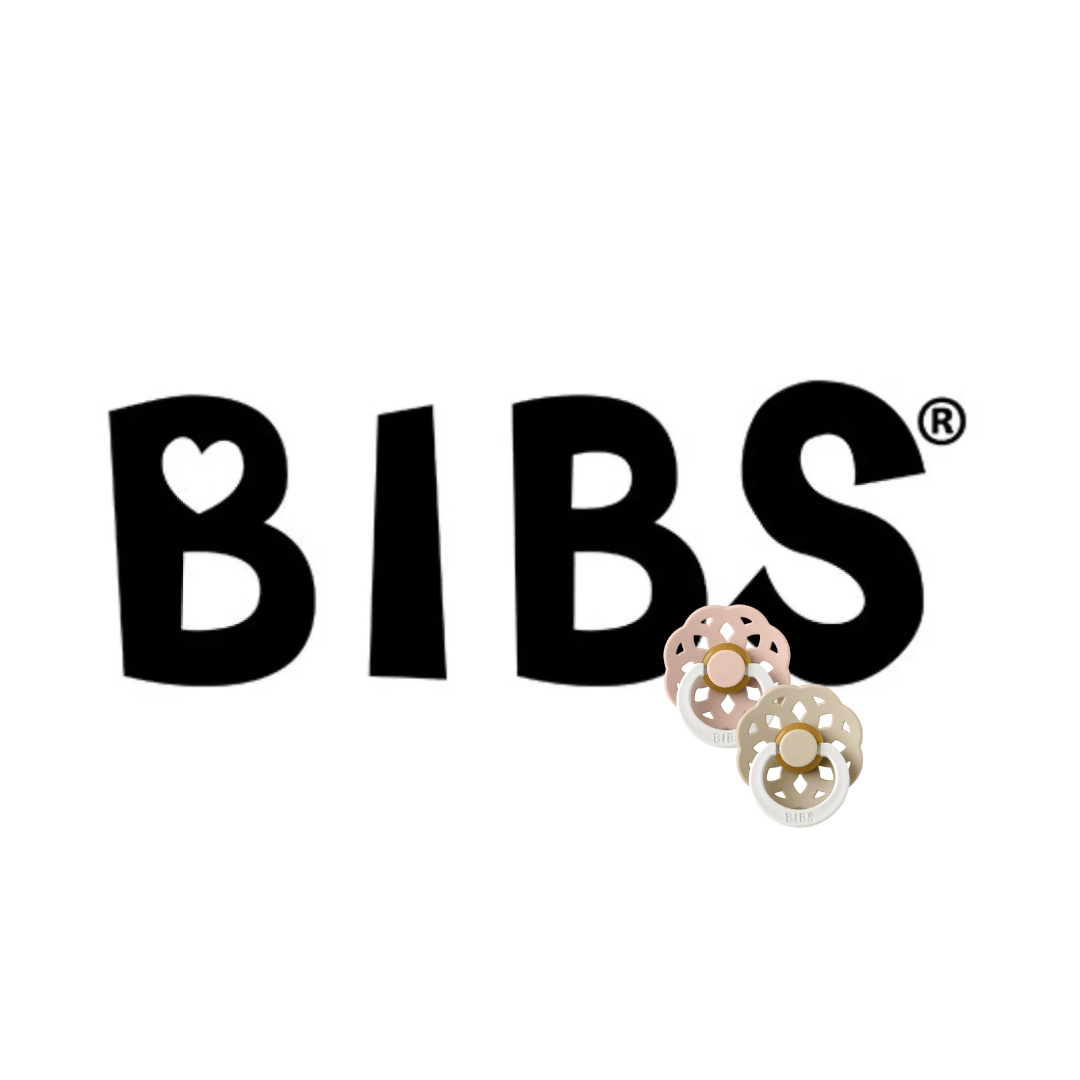 BIBS
BIBS
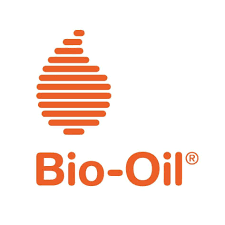 Bio-Oil
Bio-Oil
 Bioderma ABCDerm
Bioderma ABCDerm
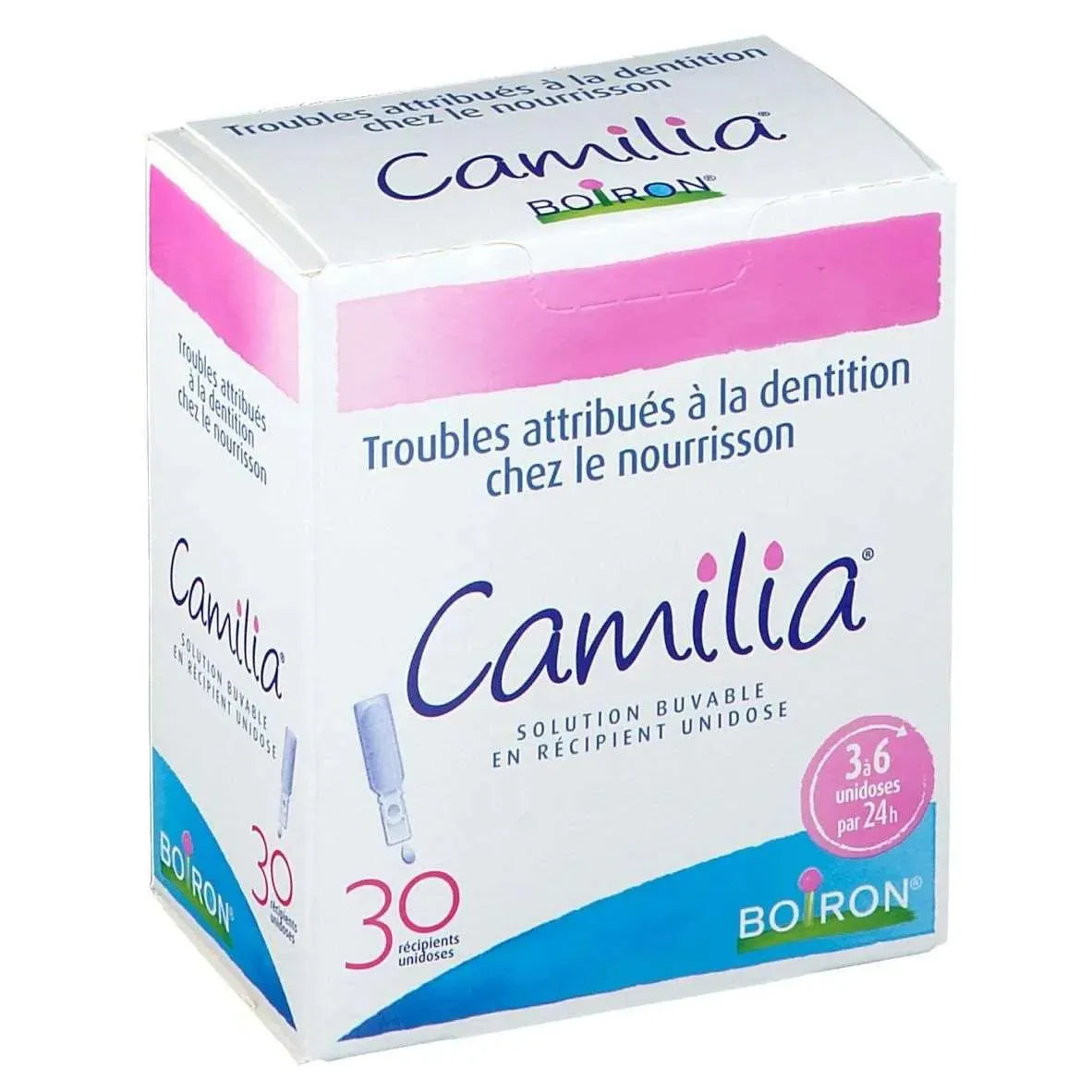 Boiron
Boiron
 Baby M
Baby M
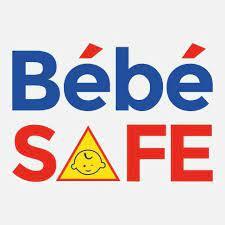 baby safe
baby safe
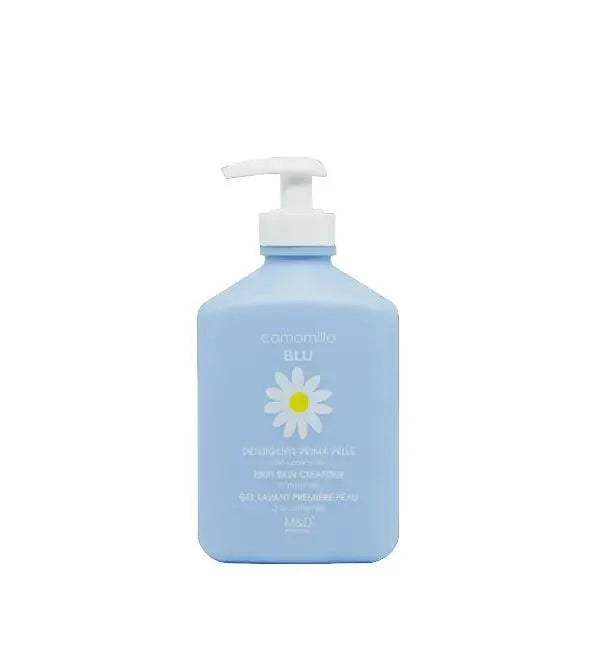 Blue Chamomile
Blue Chamomile
 Candide
Candide
 Centifolia Morocco
Centifolia Morocco
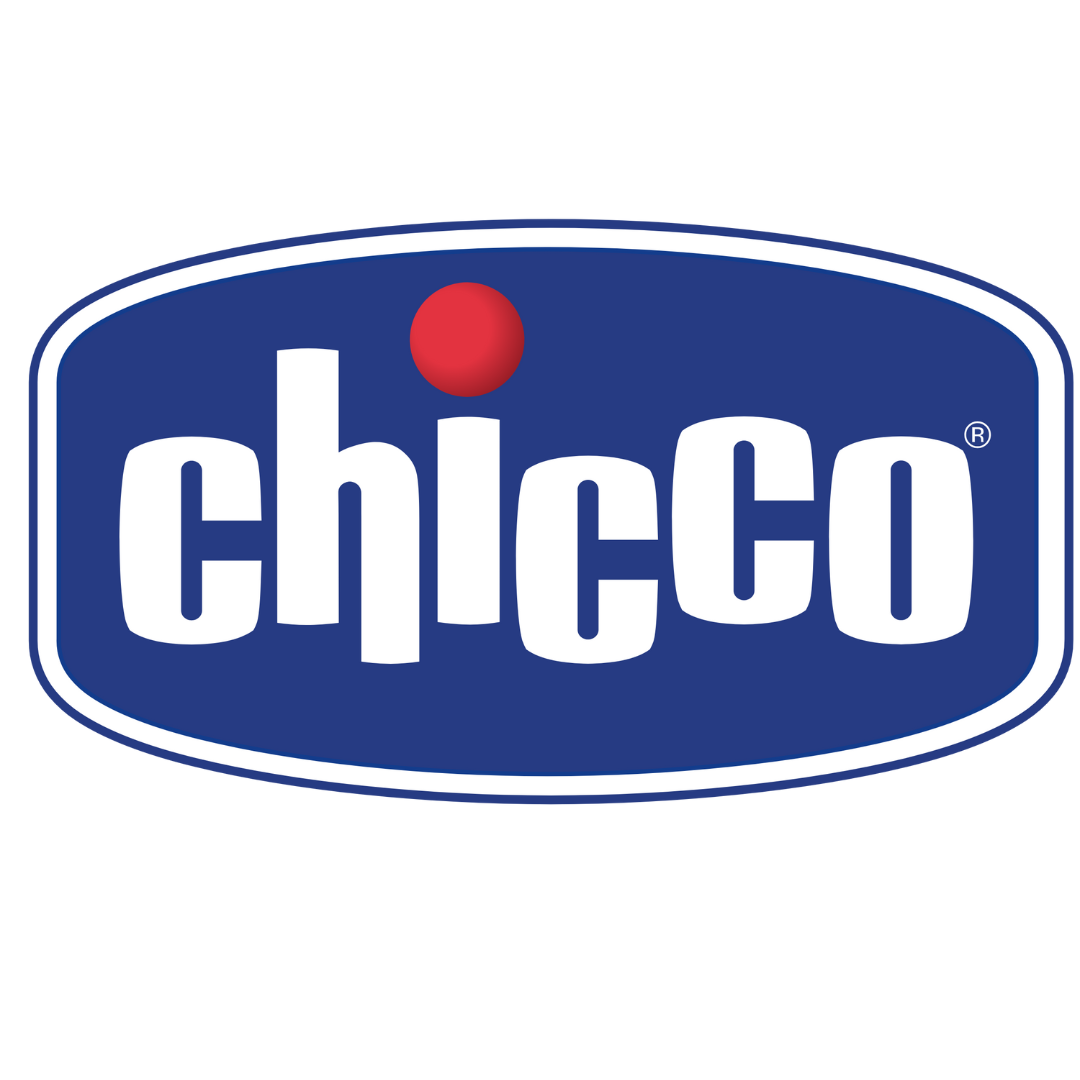 Chicco
Chicco
 Bambo Nature Morocco diapers
Bambo Nature Morocco diapers
 Happy
Happy
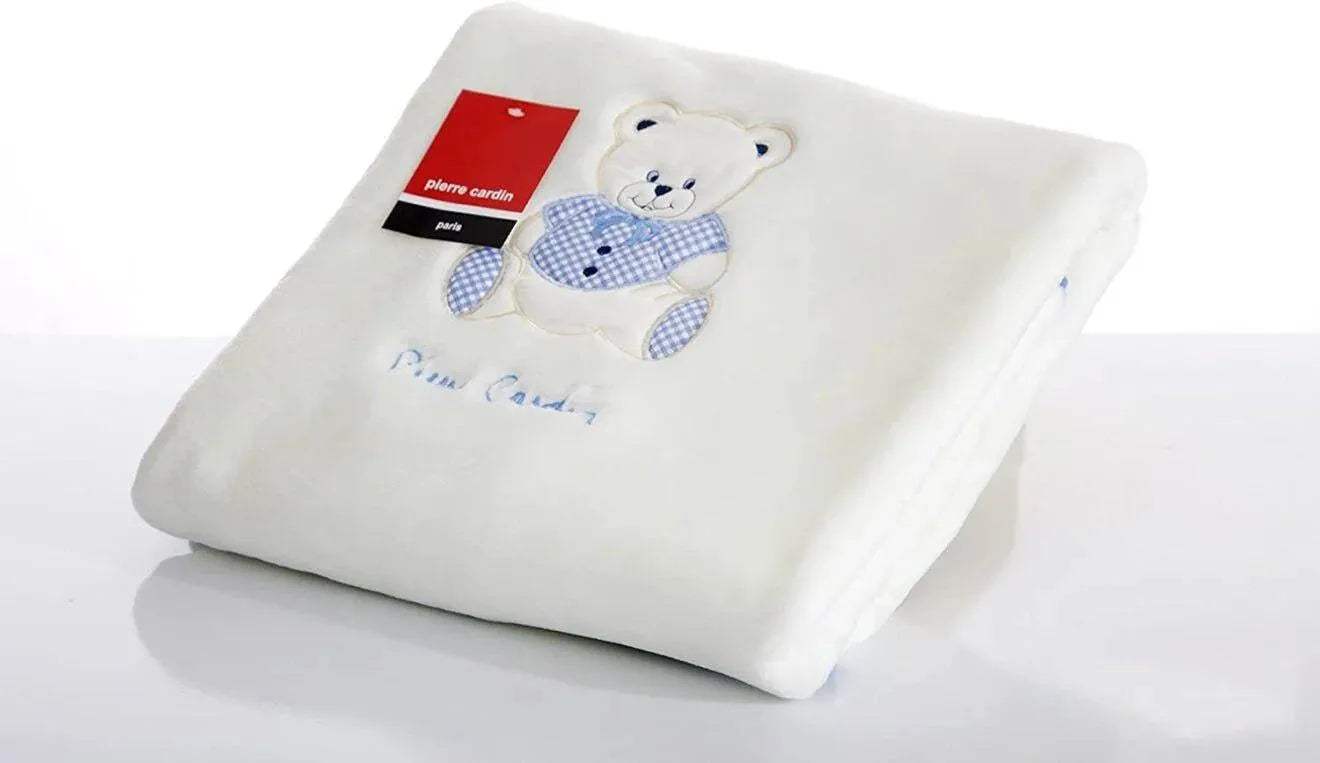 Pierre Cardin Covers
Pierre Cardin Covers
 Dodie Morocco
Dodie Morocco
 Dr. Brown's Maroc
Dr. Brown's Maroc
 Eurekakids
Eurekakids
 Evenflo
Evenflo
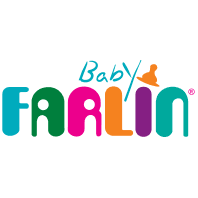 FARLIN
FARLIN
 Gifrer
Gifrer
 Gilbert Maroc
Gilbert Maroc
 Again
Again
 Huanger Maroc
Huanger Maroc
 Interbaby
Interbaby
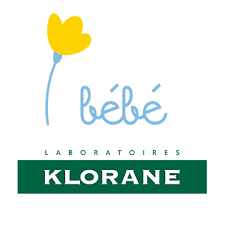 Klorane Morocco
Klorane Morocco
 Lansinoh Morocco
Lansinoh Morocco
 to play
to play
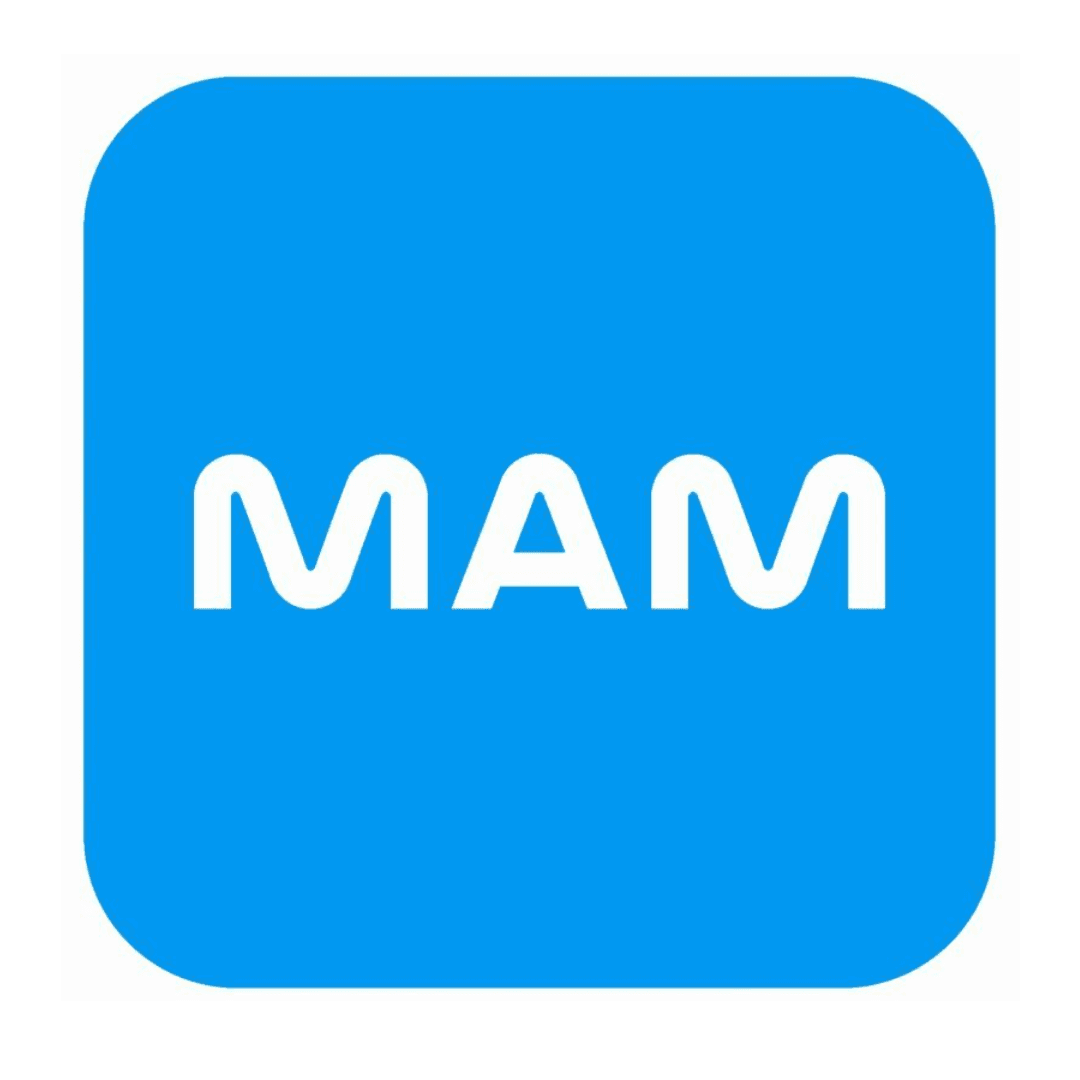 I HAVE
I HAVE
 Mustela Morocco
Mustela Morocco
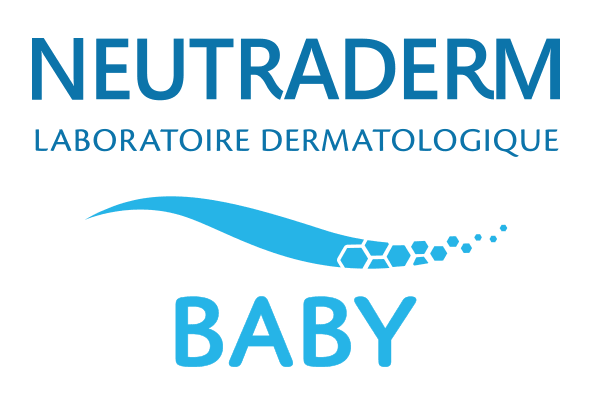 NEUTRADERM
NEUTRADERM
 Medela Morocco
Medela Morocco
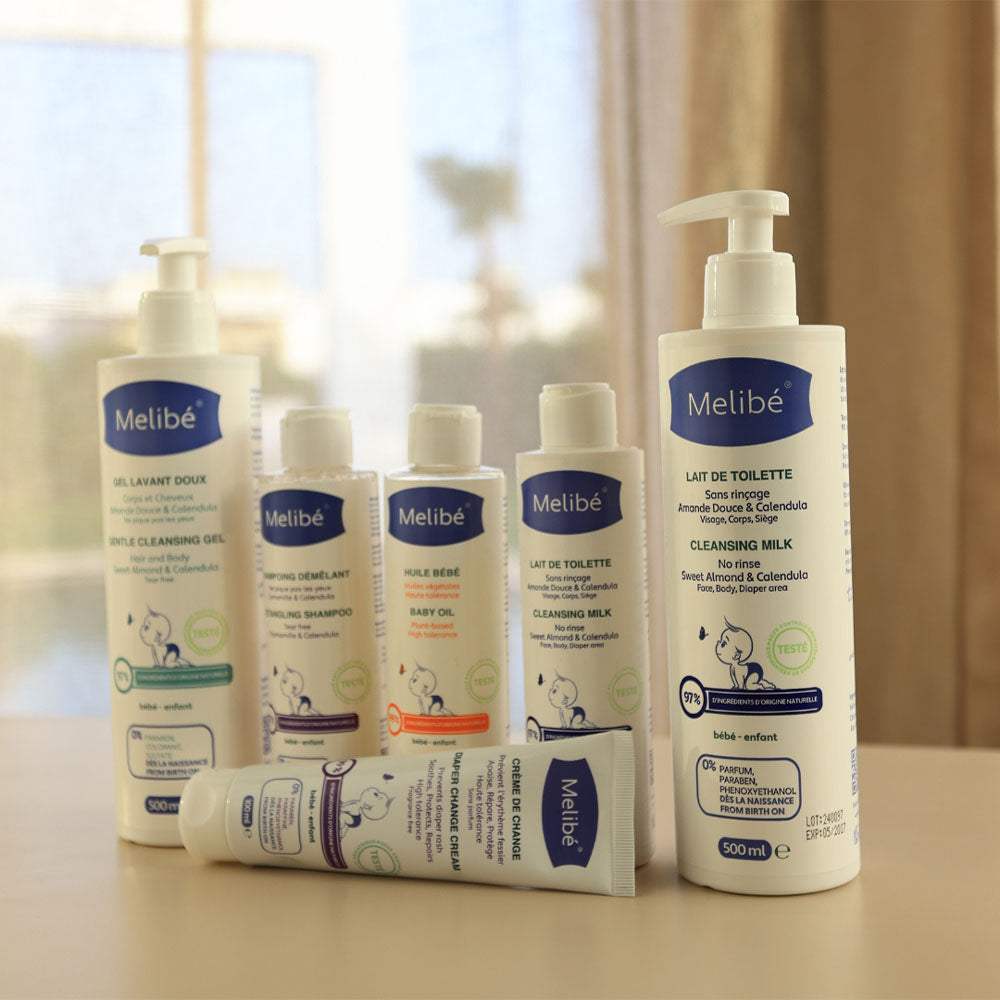 Melibe Morocco
Melibe Morocco
 drop
drop
 PEDIAKID
PEDIAKID
 Miniland Maroc
Miniland Maroc
 family
family
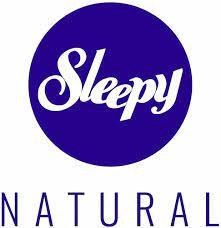 Sleepy
Sleepy
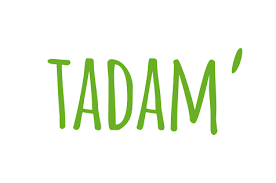 Maroc
Maroc
 TOMMEE TIPPEE
TOMMEE TIPPEE
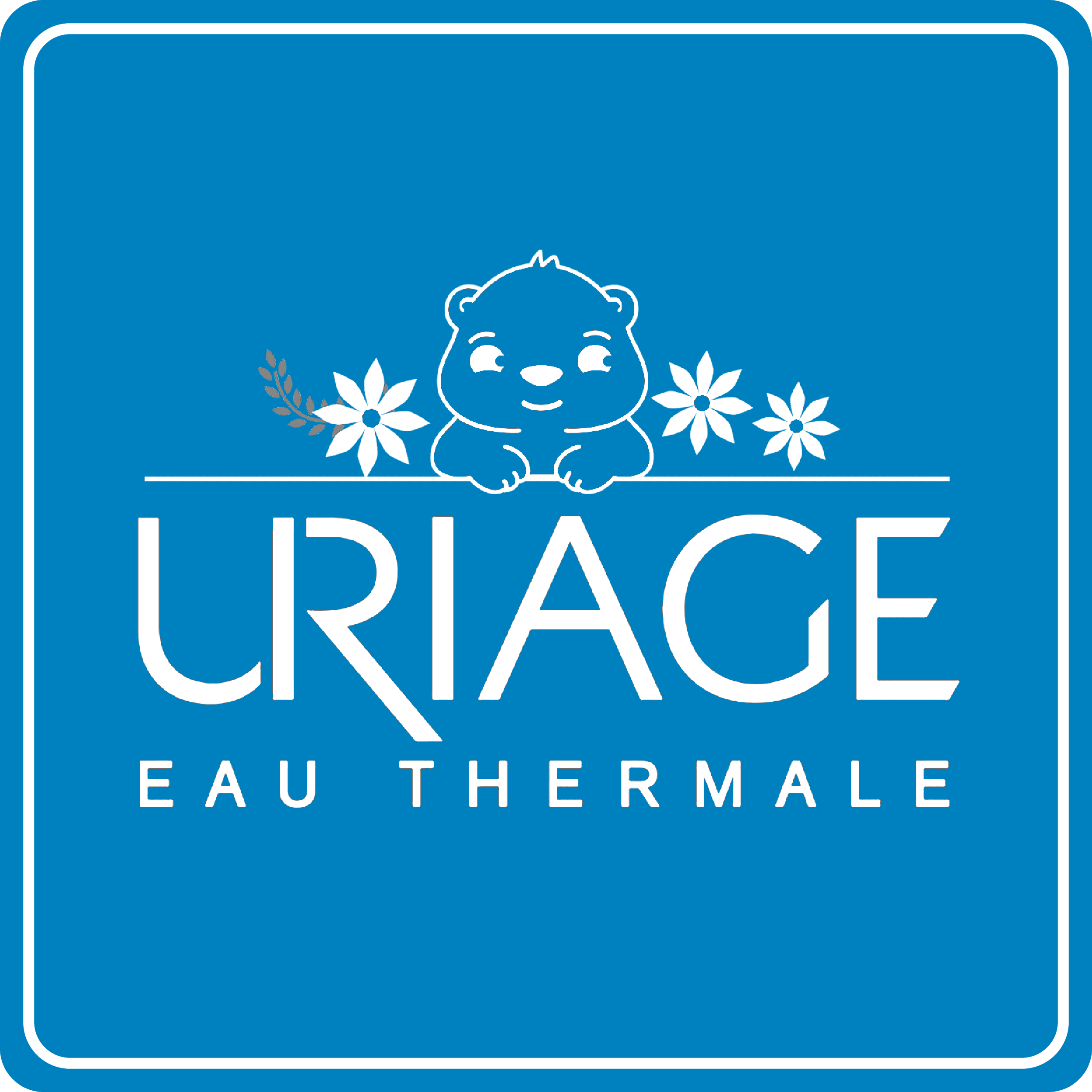 URIAGE BABY
URIAGE BABY
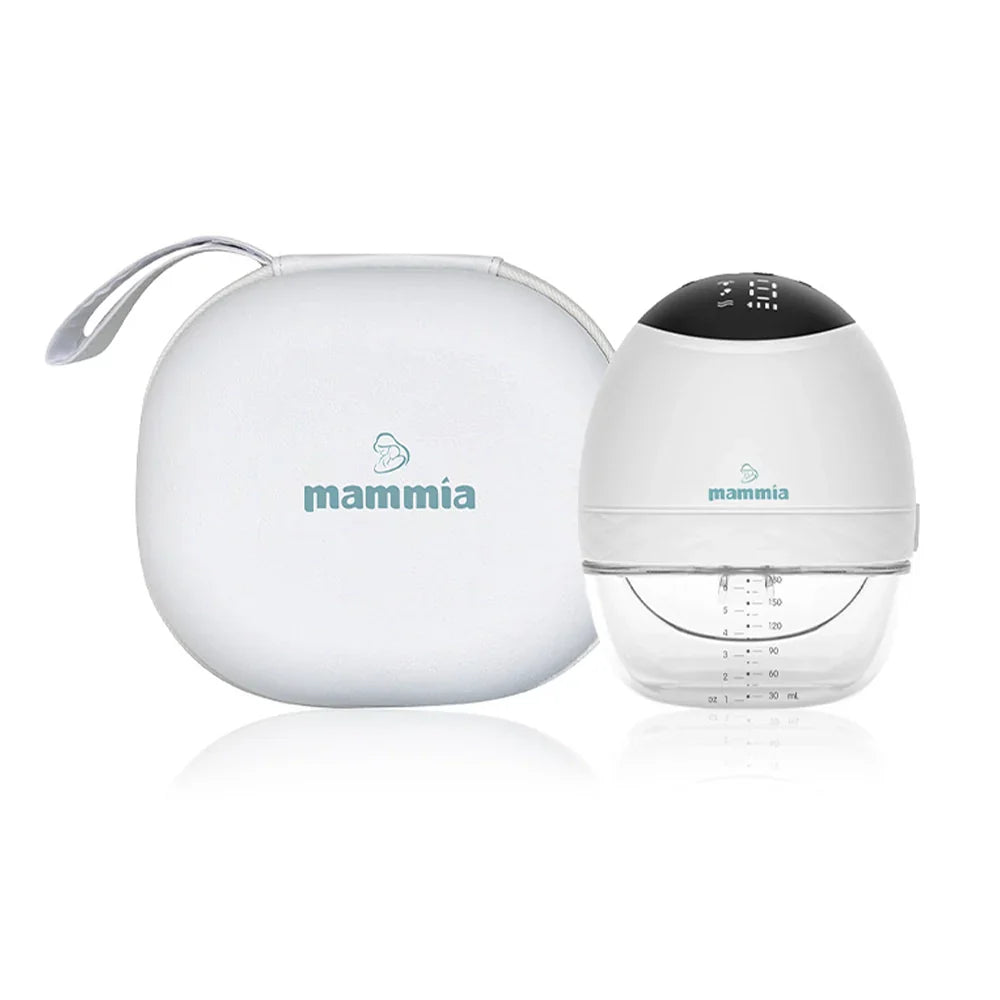 Mammia breast pumps
Mammia breast pumps
 Water Wipes
Water Wipes
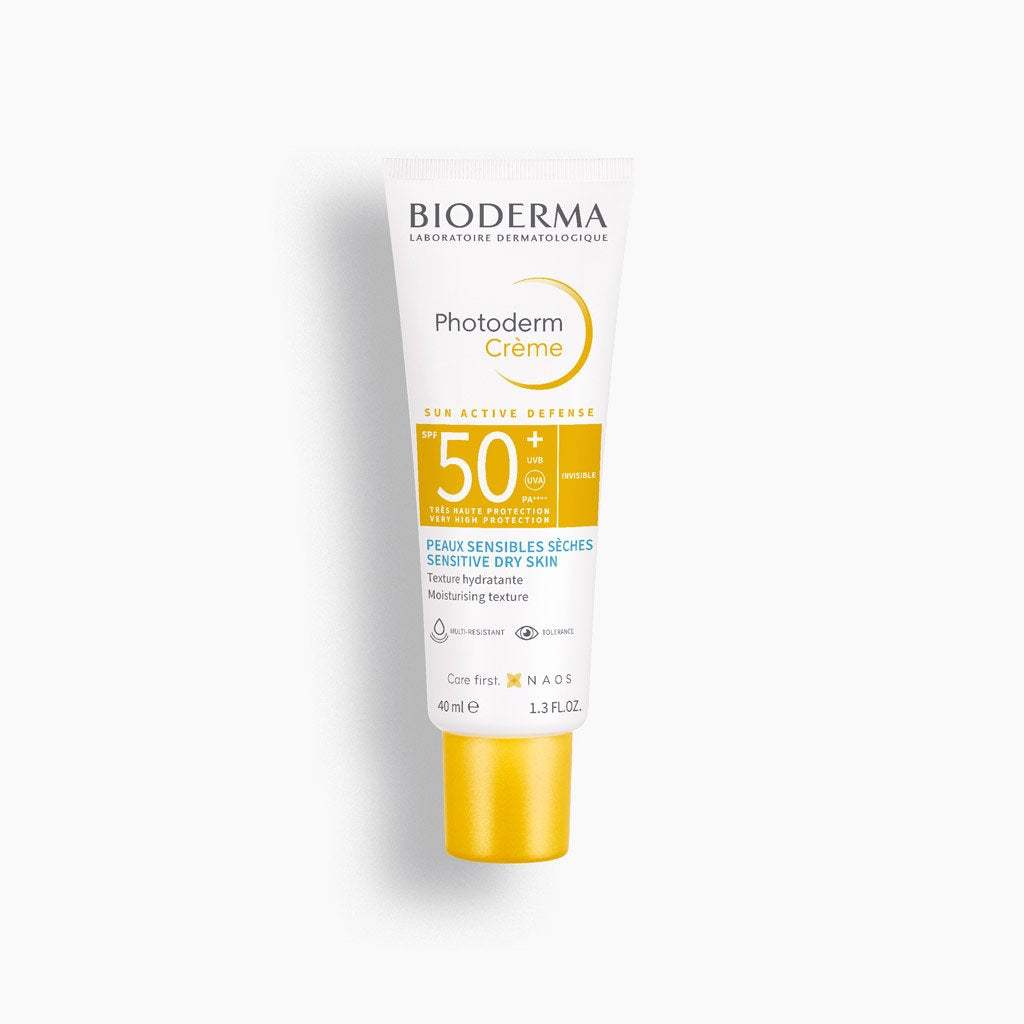 Bioderma Photoderm sunscreens
Bioderma Photoderm sunscreens
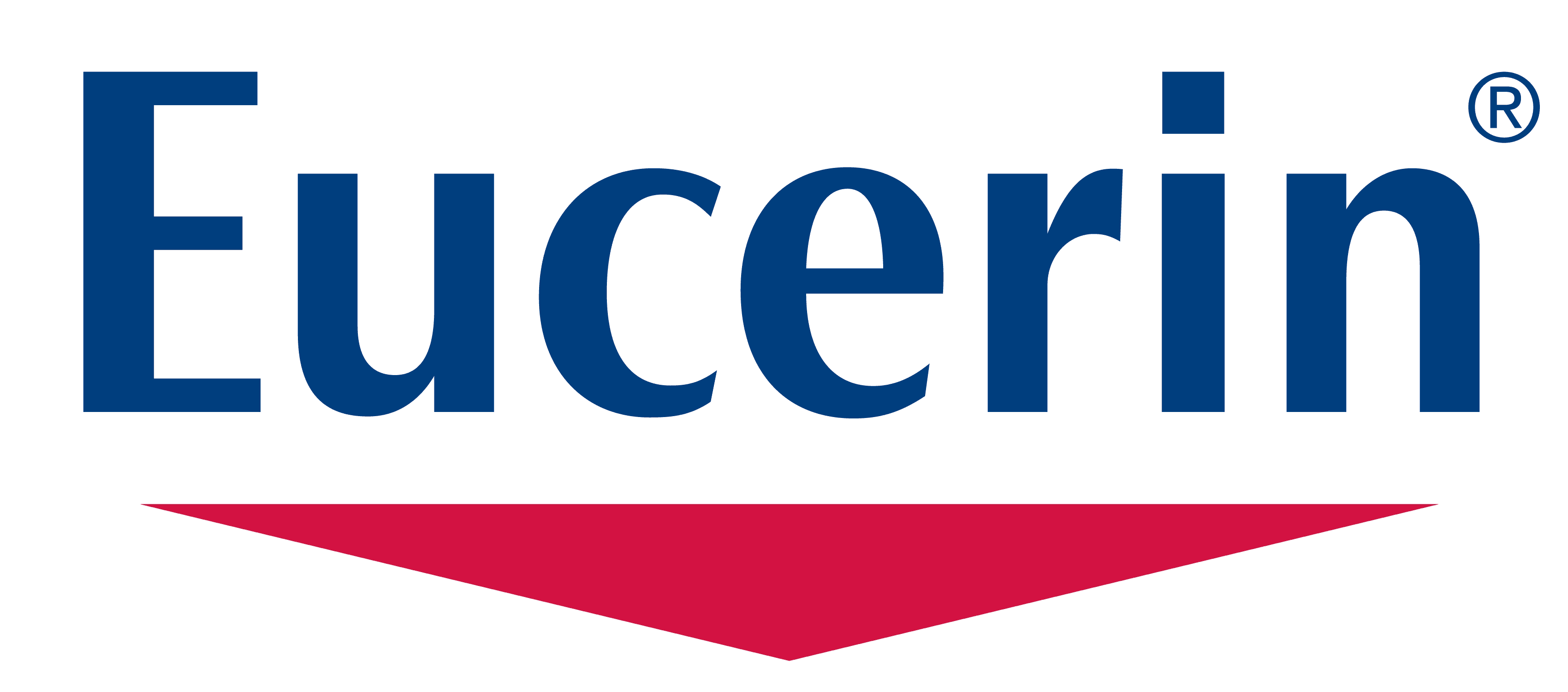 Eucerin
Eucerin
Madame soukaina et son équipes sont très gentilles
Excellent Service
Le site est tres facile pour passer une commande ,impecable j ai aimé le service bonne continuation
(Translated by Google) I highly recommend, impeccable product quality, attentive customer service.
(Original)
Je recommande vivement, qualité des produits irréprochable, service client aux petits soins.